Grounds of Judicial Review of Administrative Actions
The doctrine of ultra vires is a fundamental concept in administrative law. It serves as the foundation for judicial review to control the actions of administrative authorities. Ultra vires means actions taken beyond the scope of the powers granted to the acting authority.
In India, the main grounds for judicial review of administrative actions include:
Irrationality
Discretionary power given to an administrative authority must be exercised reasonably. This principle is known as the Wednesbury Test, established in the case of Associated Provincial Picture Houses v. Wednesbury. The court ruled that a person given discretion must use it reasonably and based on rational grounds. Judicial intervention is only permitted if the decision is illegal or has significant procedural defects.
In Roberts v. Hopwood, the court found it unreasonable for a council to pay higher wages than the national average because it was not legally justified. Similarly, in R v. Broadmoor Special Hospital Authority Ex Parte, the court held that hospitals and medical research organizations could conduct searches on patients without their consent if necessary.
In India, the case of Neha Jain v. University of Delhi established criteria for judicial review, including checks for mala fide decisions, decisions made beyond jurisdiction, and those that violate the constitution or legal principles.
Procedural Impropriety
Procedural impropriety occurs when rules and regulations are not followed, or when the basic principles of natural justice are ignored. This is also a ground for judicial review.
In Bradbury v. Enfield London Borough Council, the court rejected the council's request to bypass procedural requirements, emphasizing the need to follow public policy procedures. In Ridge v. Baldwin, the court stressed the importance of procedural fairness and the necessity to adhere to natural justice principles.
The Aylesbury Mushroom Case highlighted the requirement that individuals affected by judicial or administrative actions have the right to be heard, reinforcing the principle of natural justice.
Proportionality
Proportionality means that administrative actions should be appropriate and balanced concerning the desired outcome. The courts ensure that the actions taken are reasonable and proportional to the issue at hand.
In Sardar Singh v. Union of India, the court found the punishment imposed by the army to be arbitrary and excessively severe, using the doctrine of proportionality to assess the reasonableness of the action.
In Management of K Tea Estates v. Mazdoor Singh, the Supreme Court affirmed that the doctrine of proportionality would be applied to evaluate administrative actions.
Illegality
Illegality occurs when a public body acts beyond the powers it has been granted, also known as ultra vires. A decision may be considered illegal if the decision-maker exceeds their authority, misinterprets the law, or exercises power improperly.
In the case of R (RWE Npower Renewables Ltd) v. Milton Keynes Council, the court held that an irrational or unreasonable decision must be so illogical or morally unacceptable that no reasonable person could have made it.
Share
Related Post
Tags
Archive
Popular & Recent Post






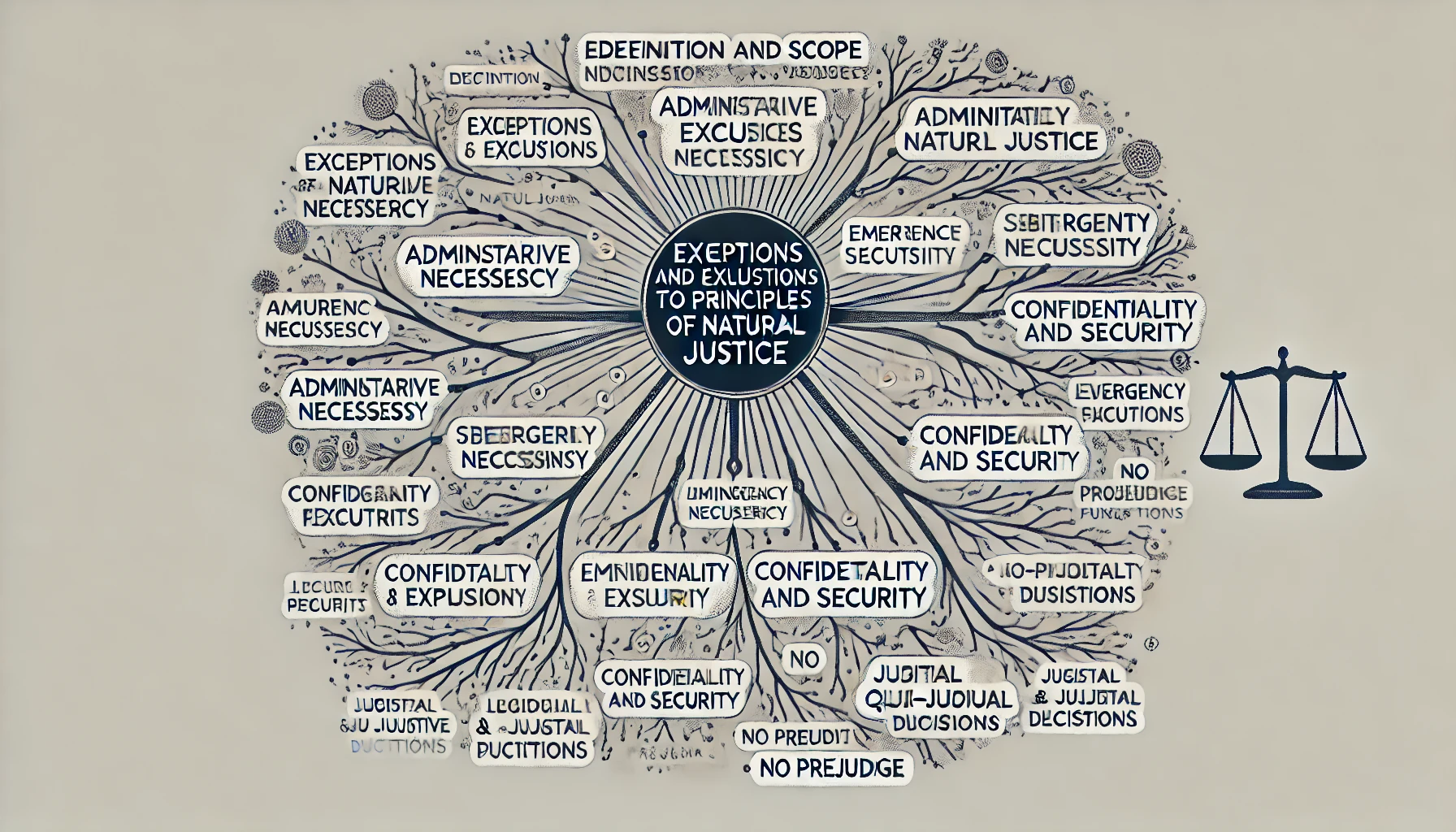
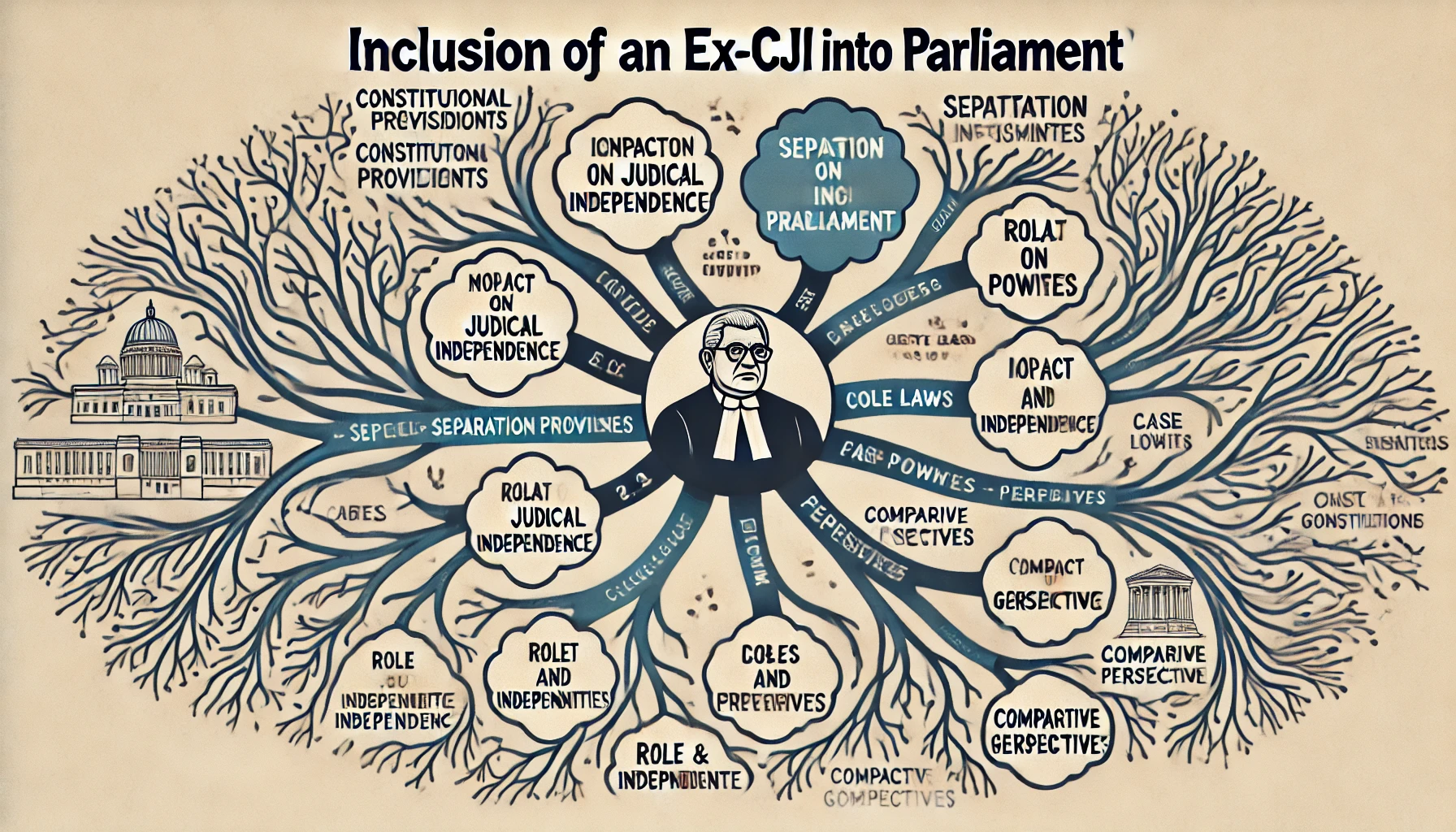
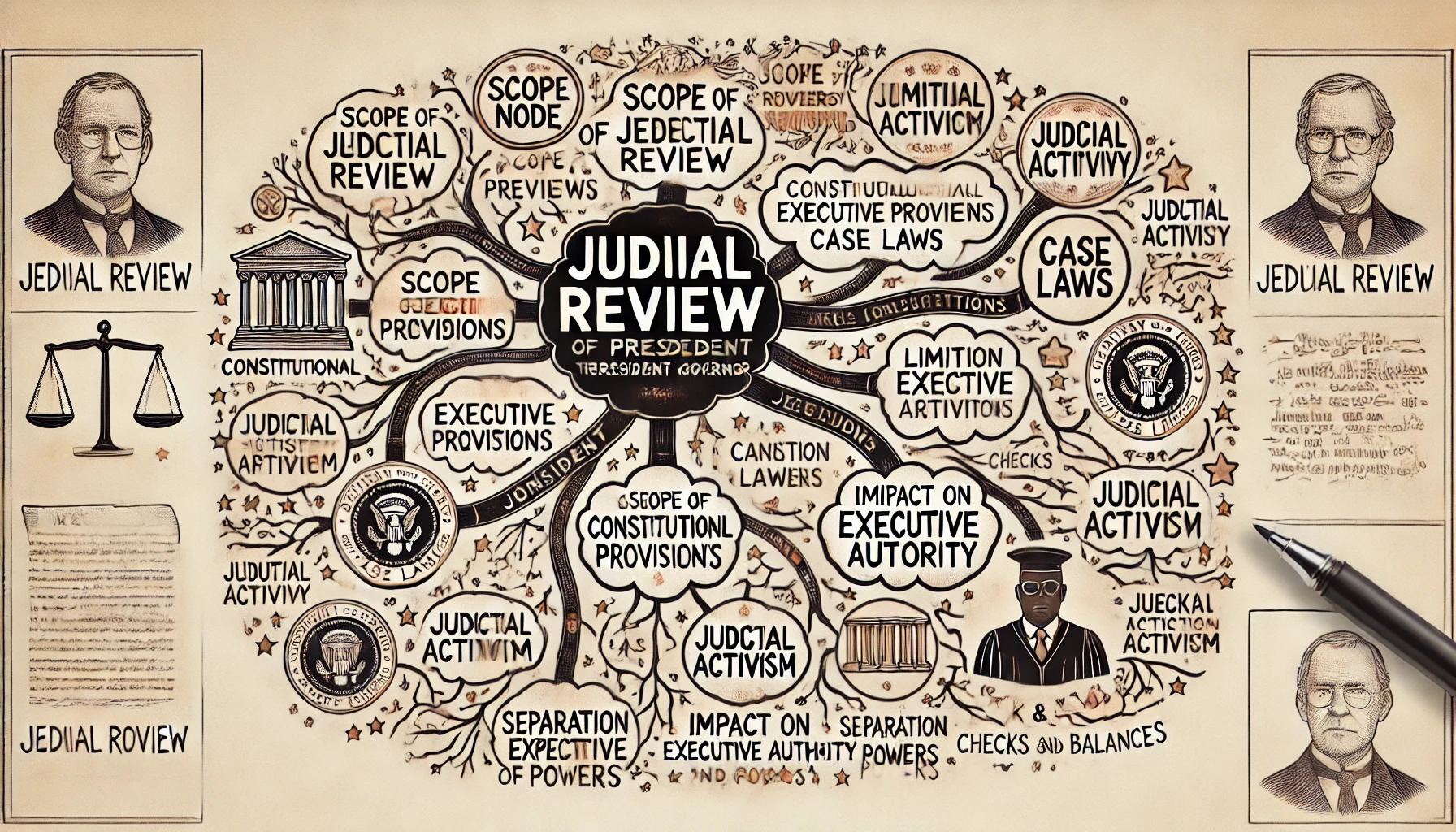
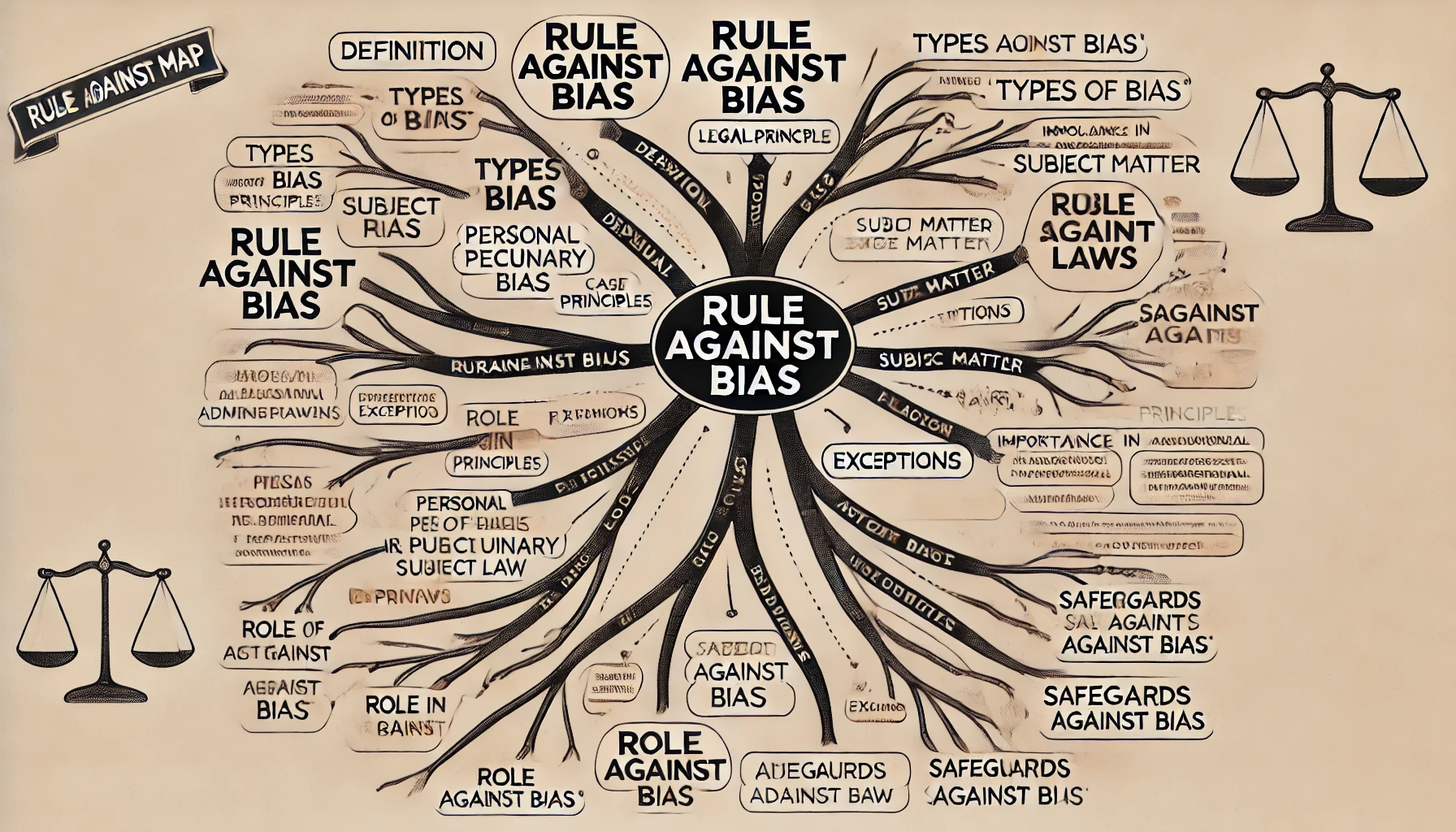
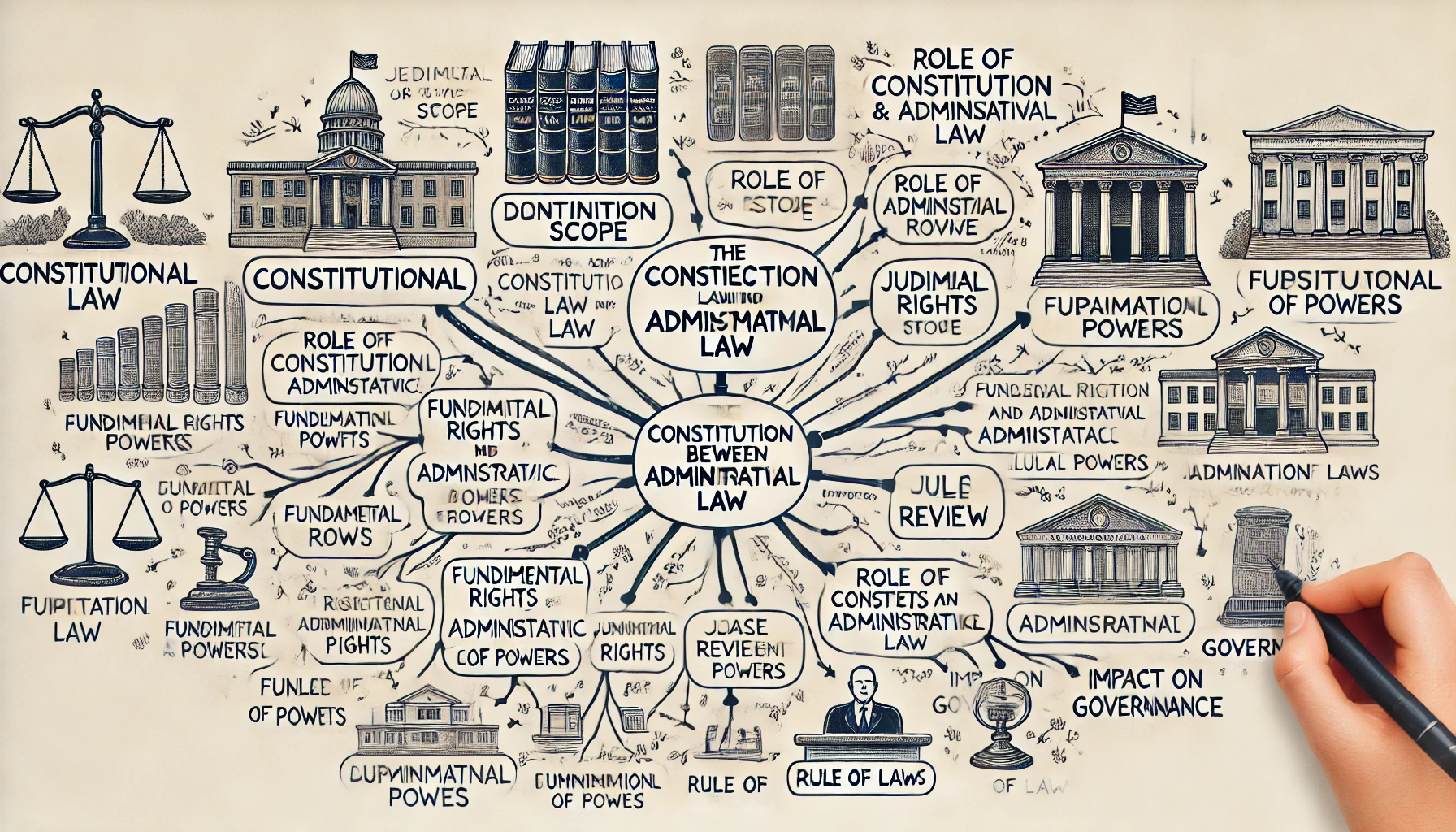
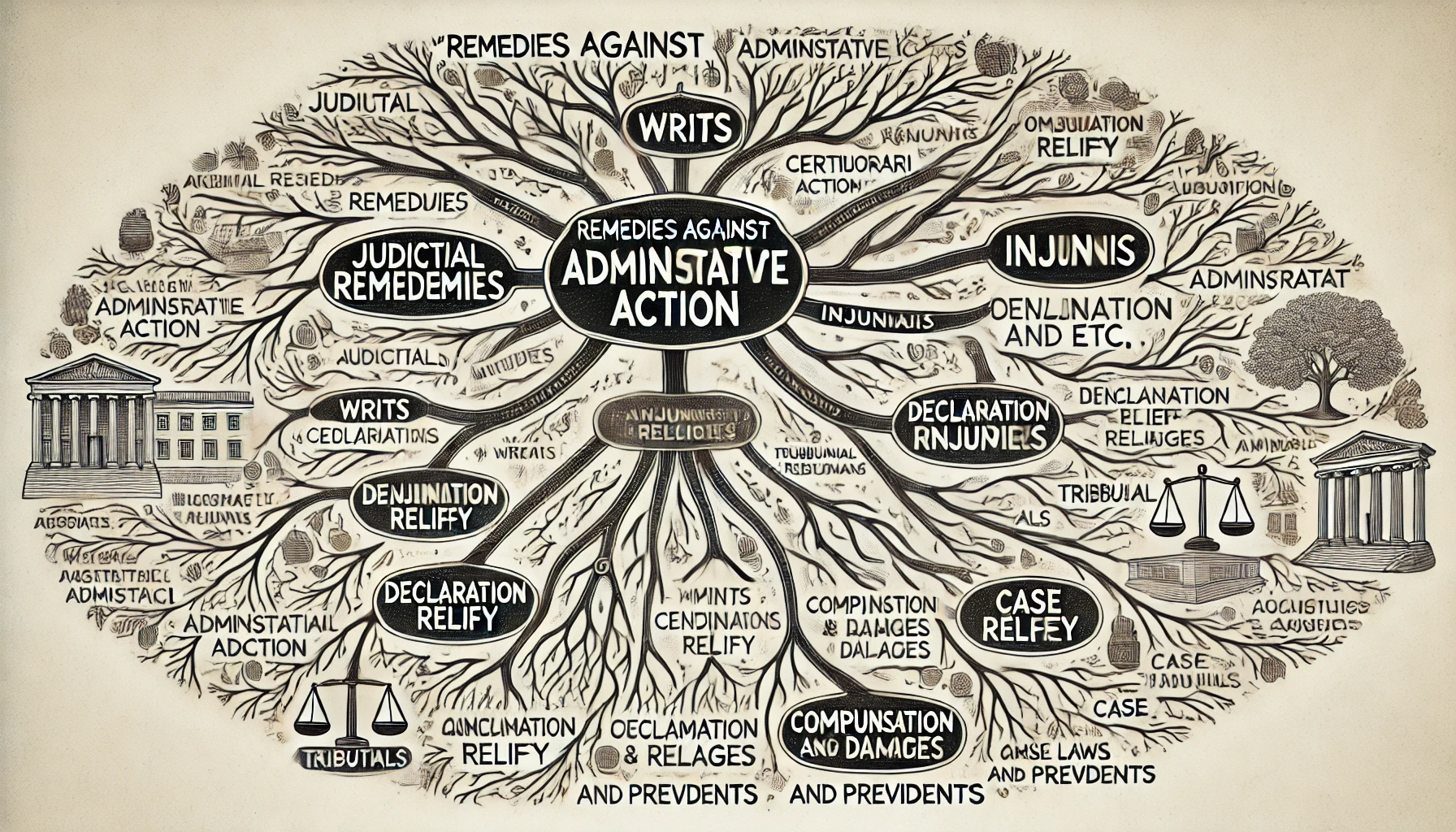
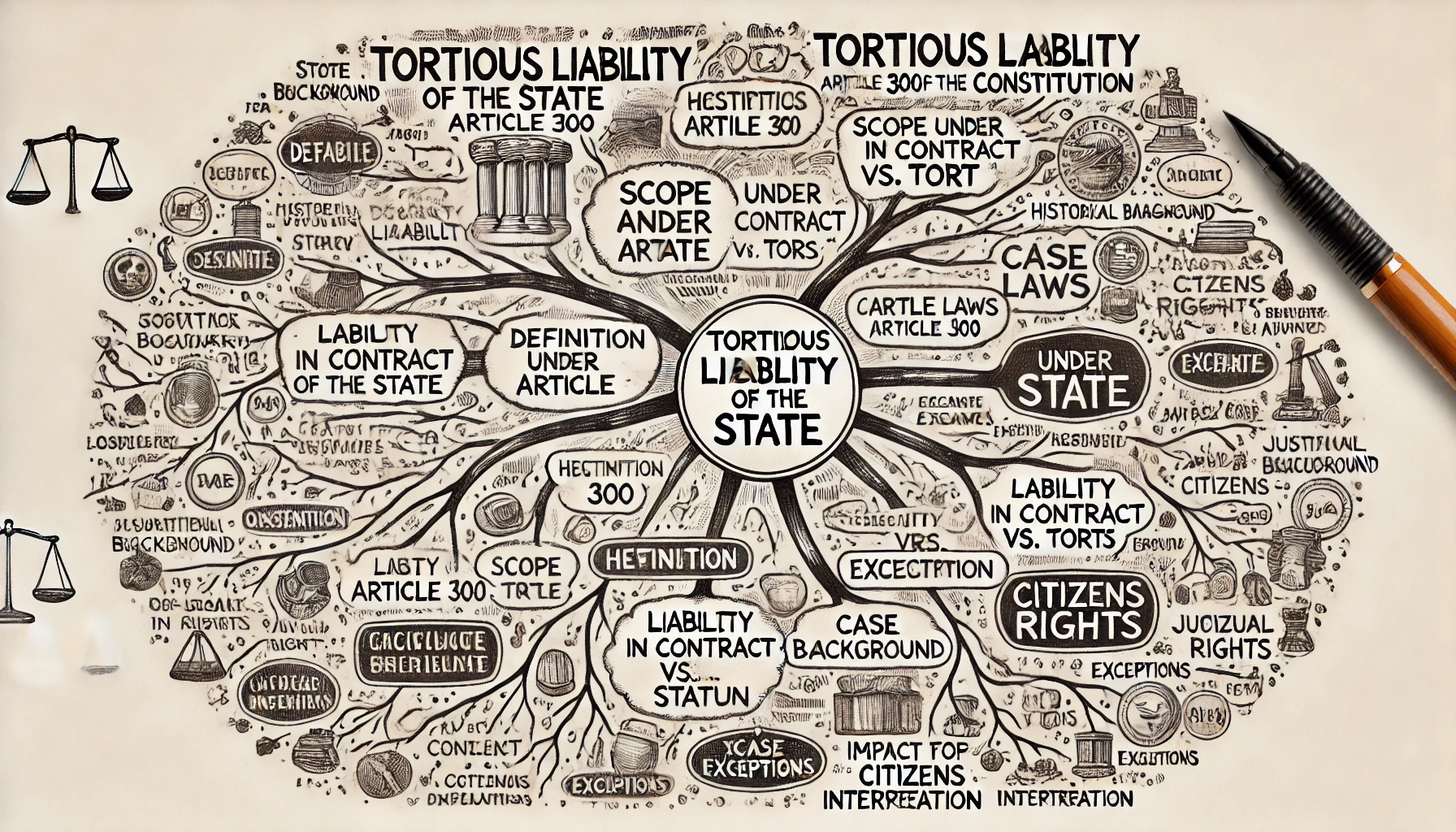
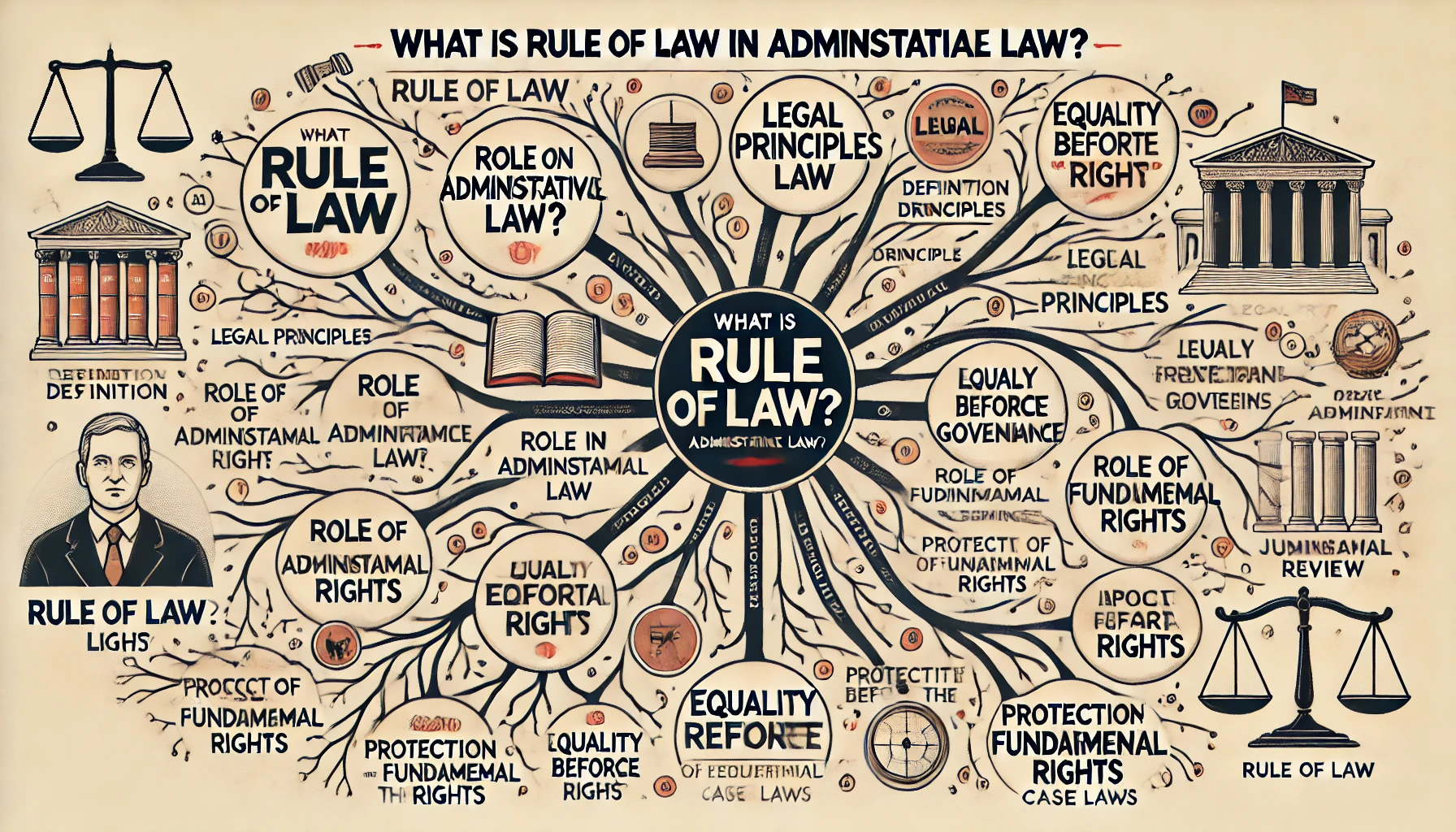
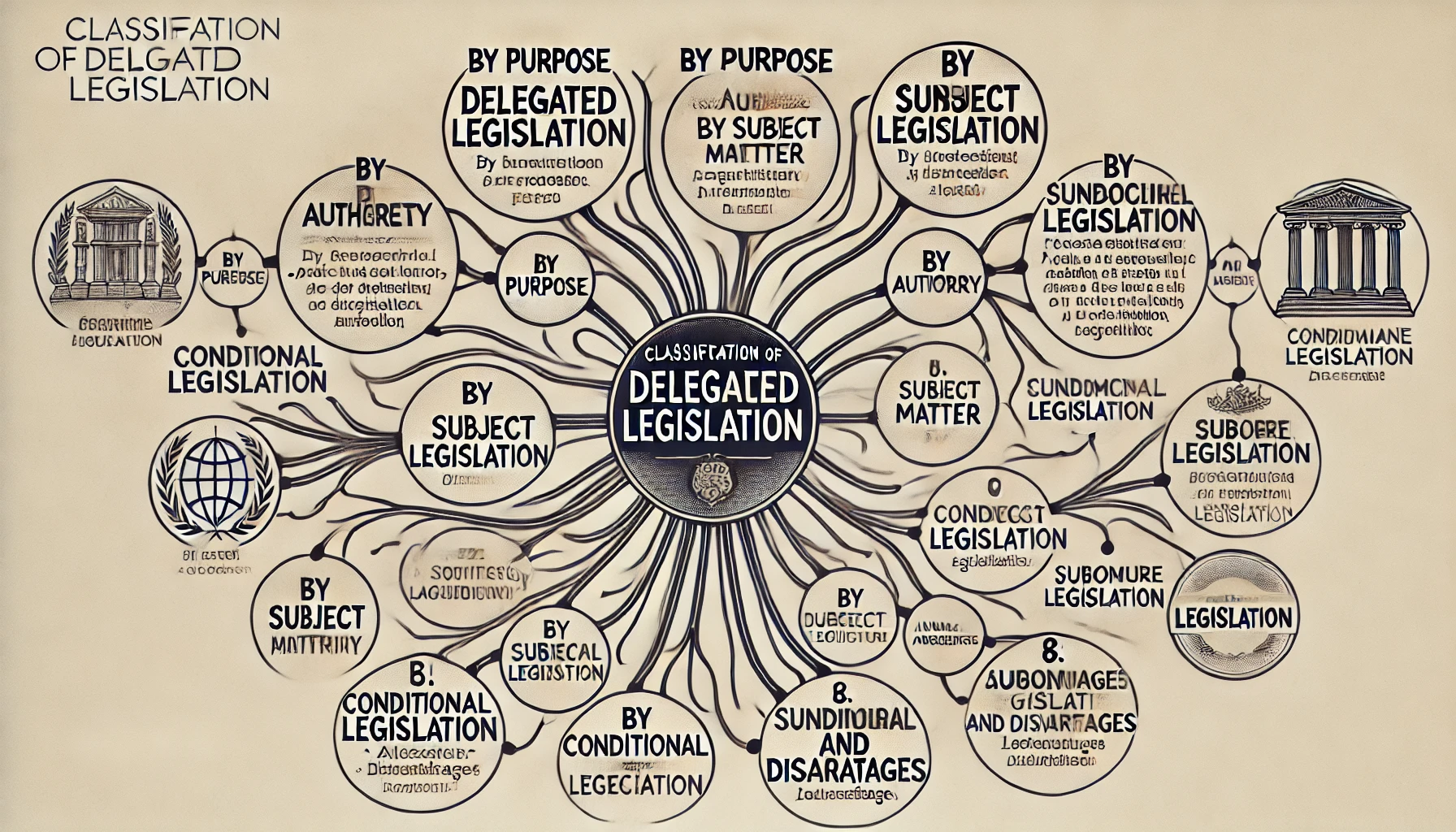
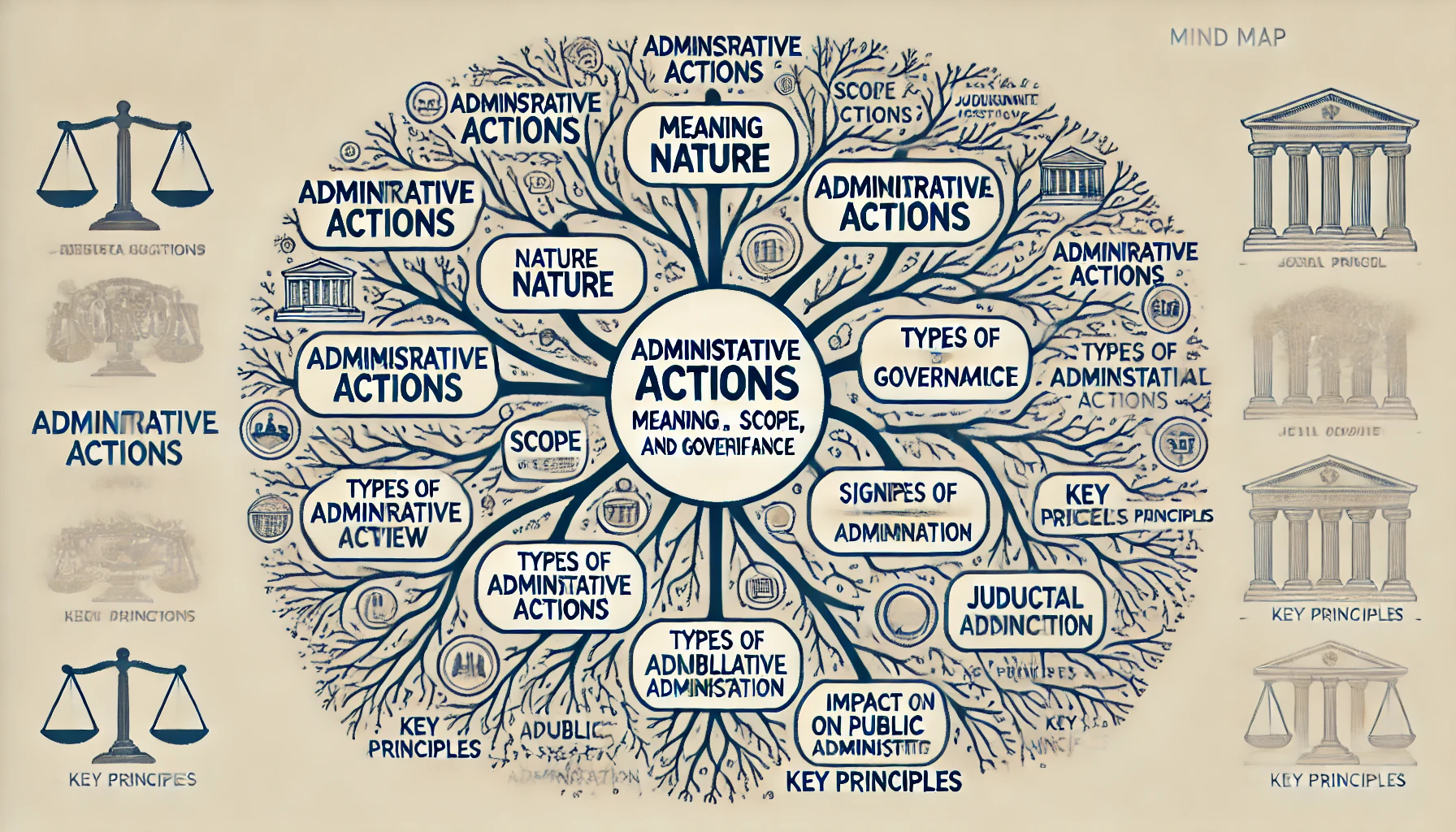
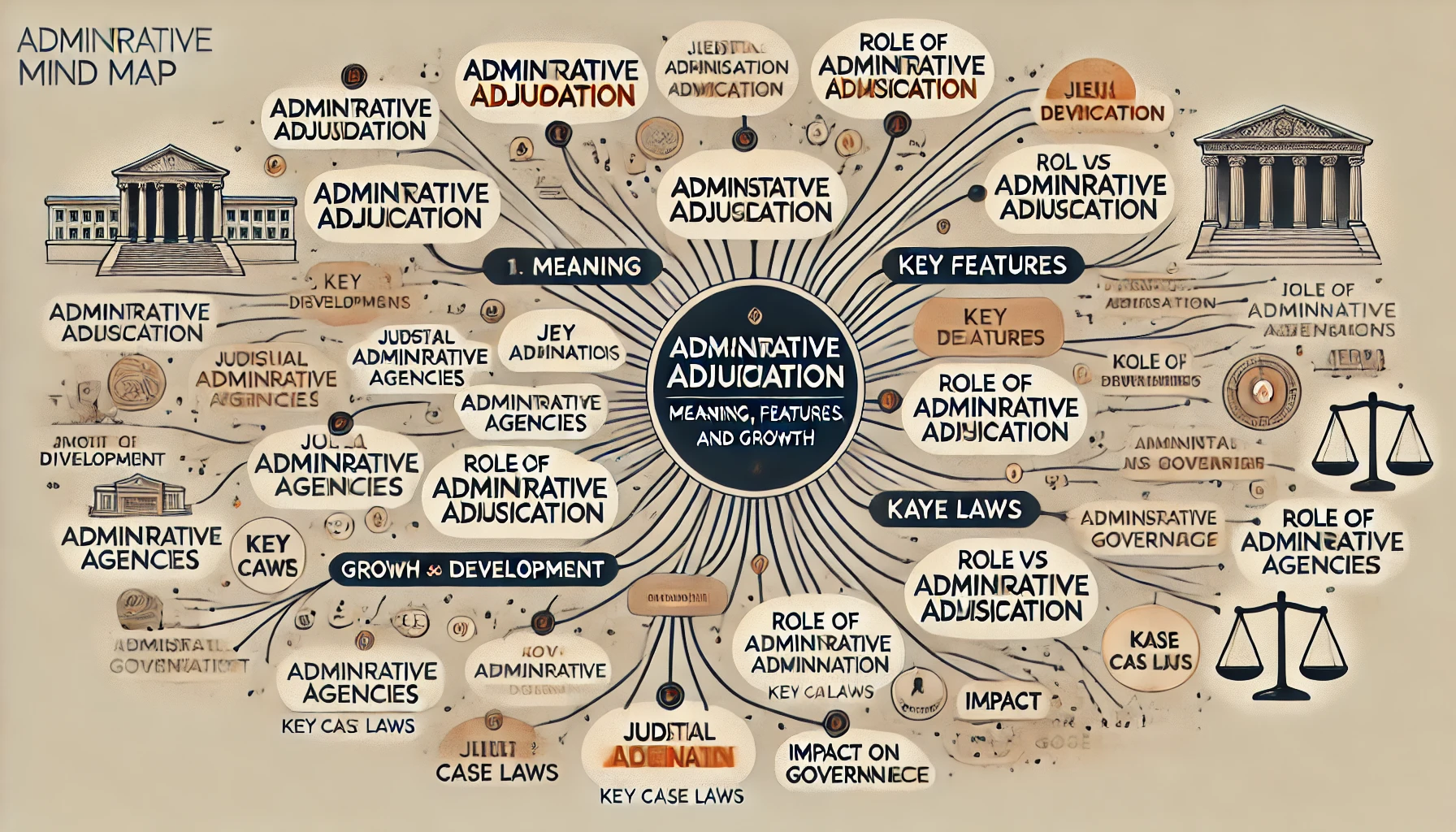
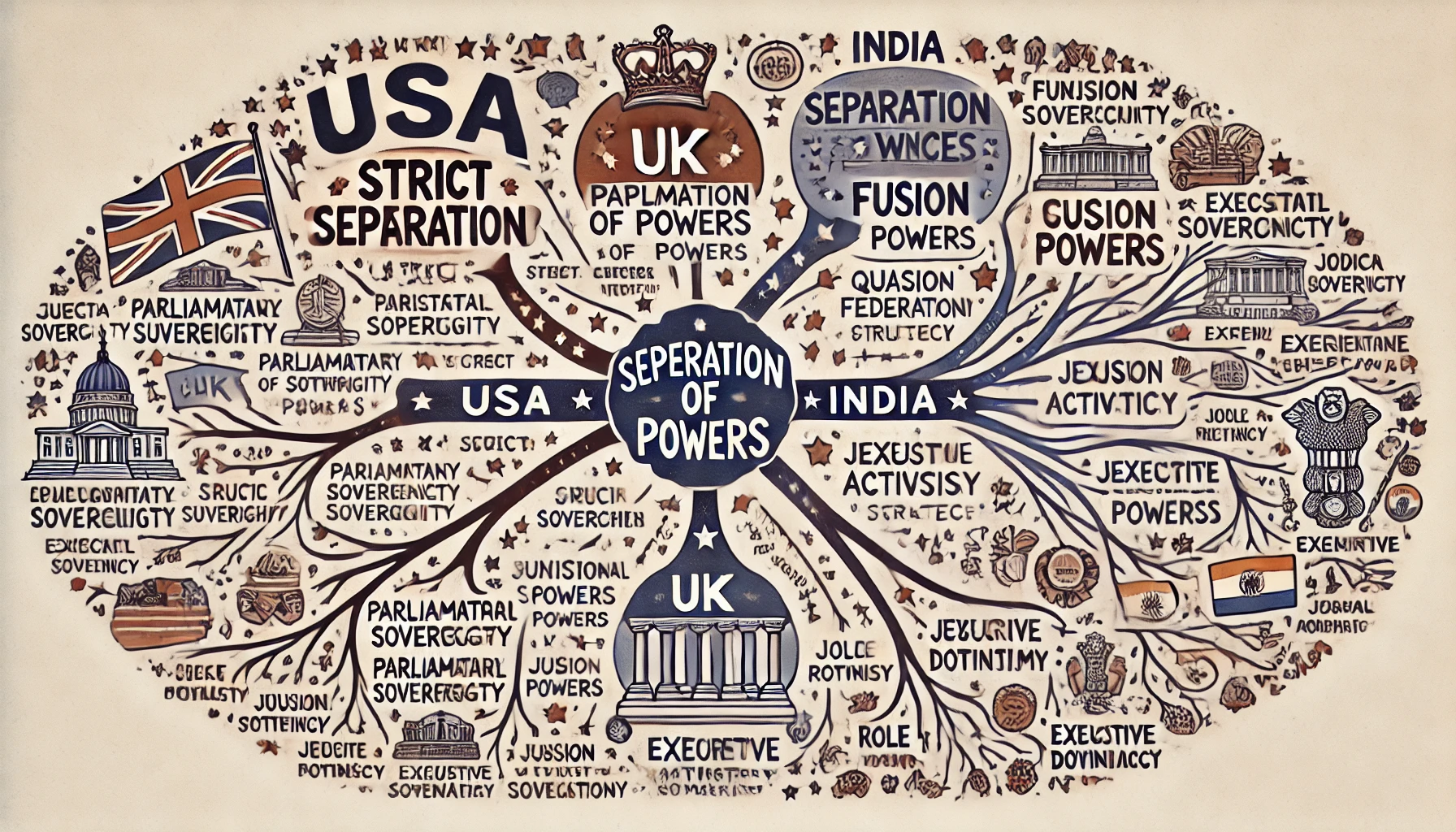
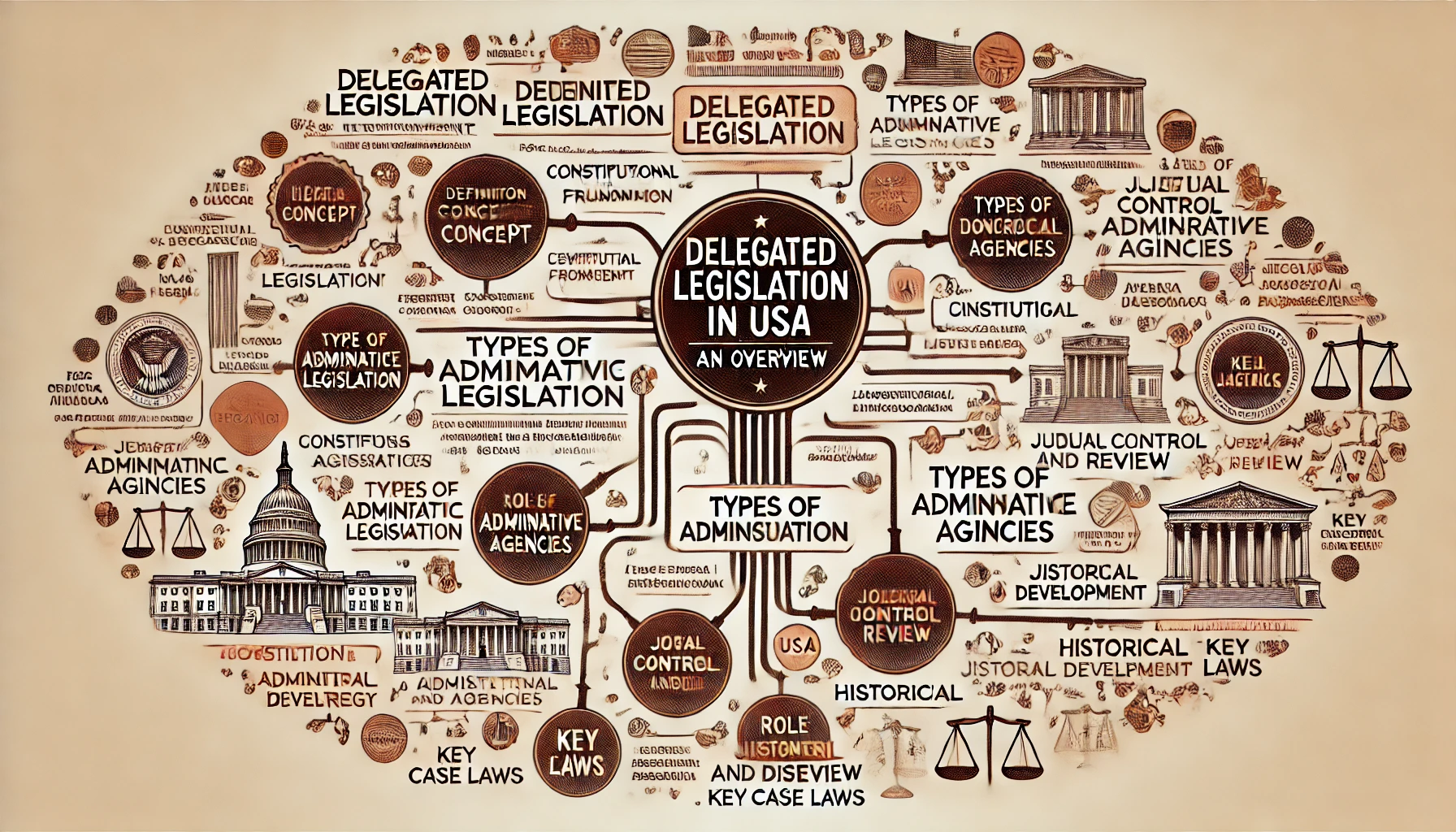
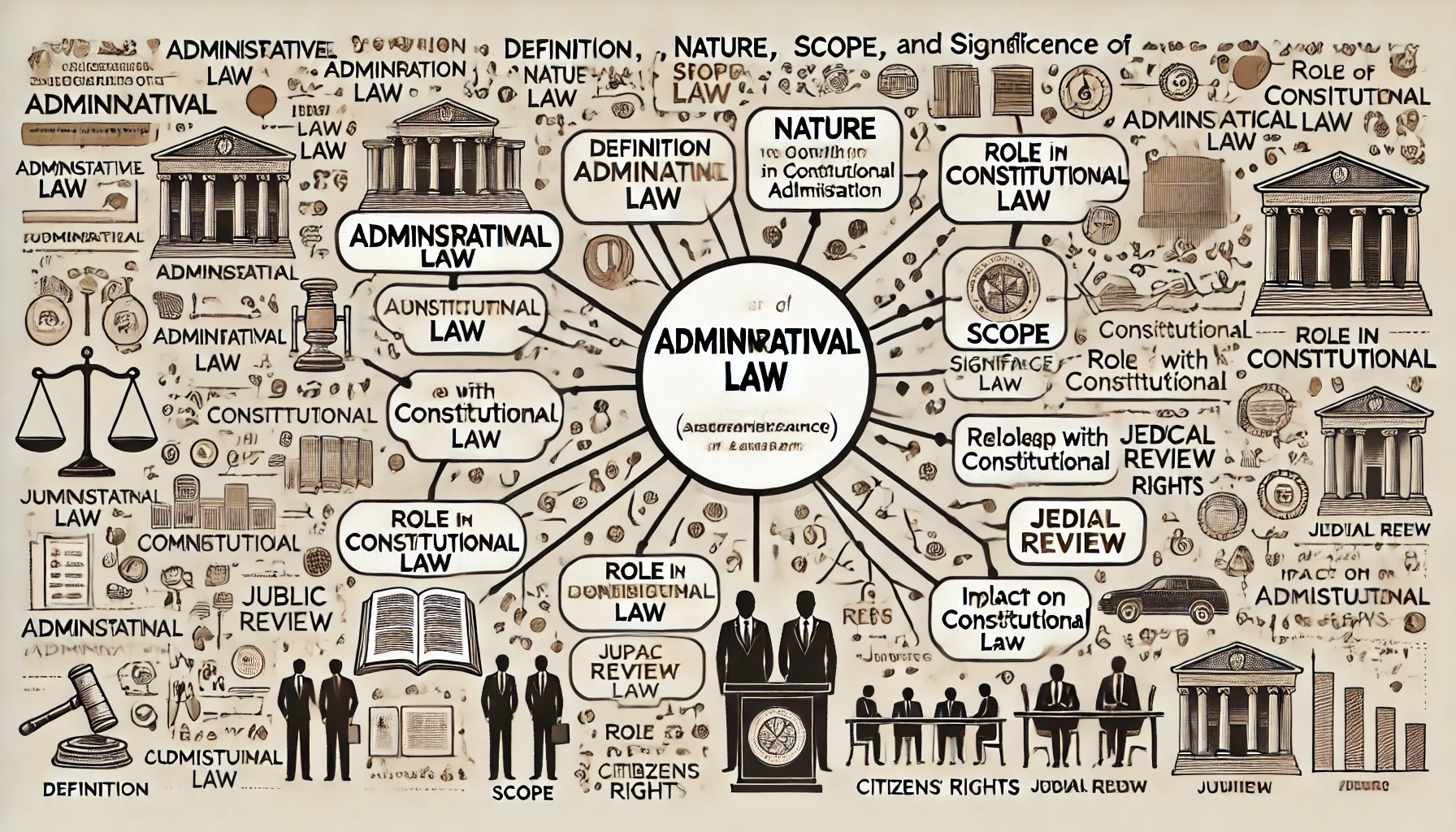
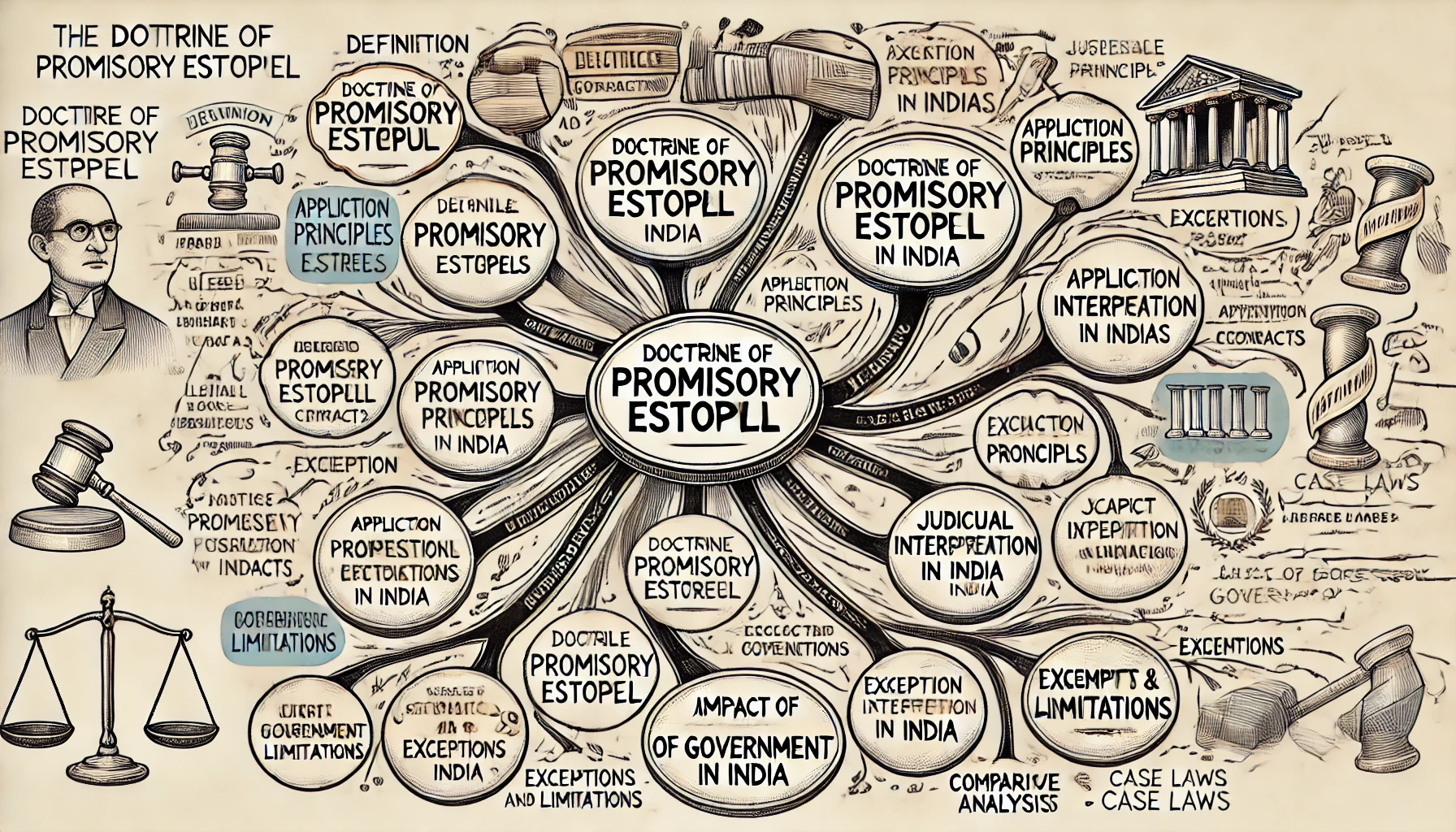
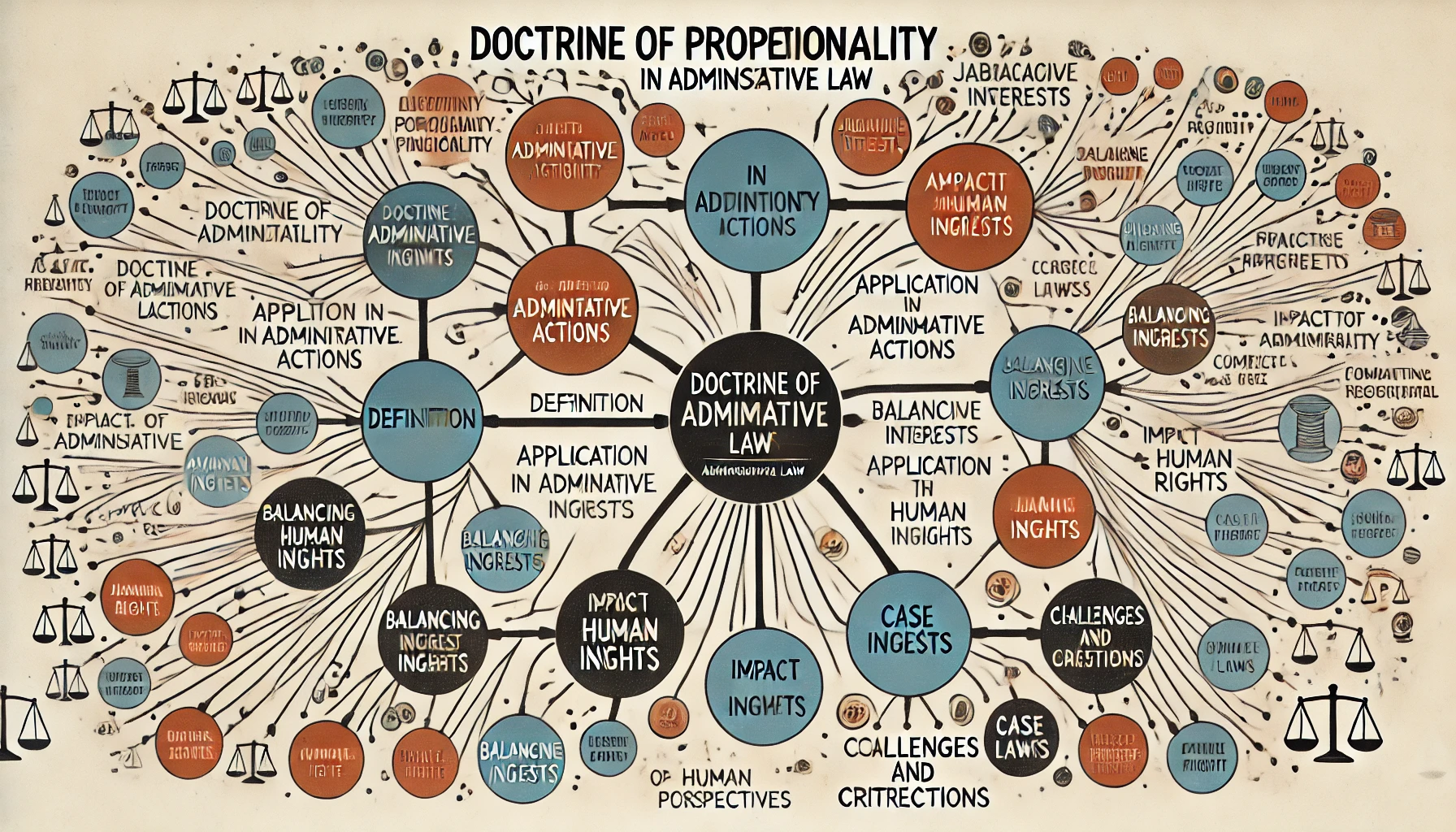
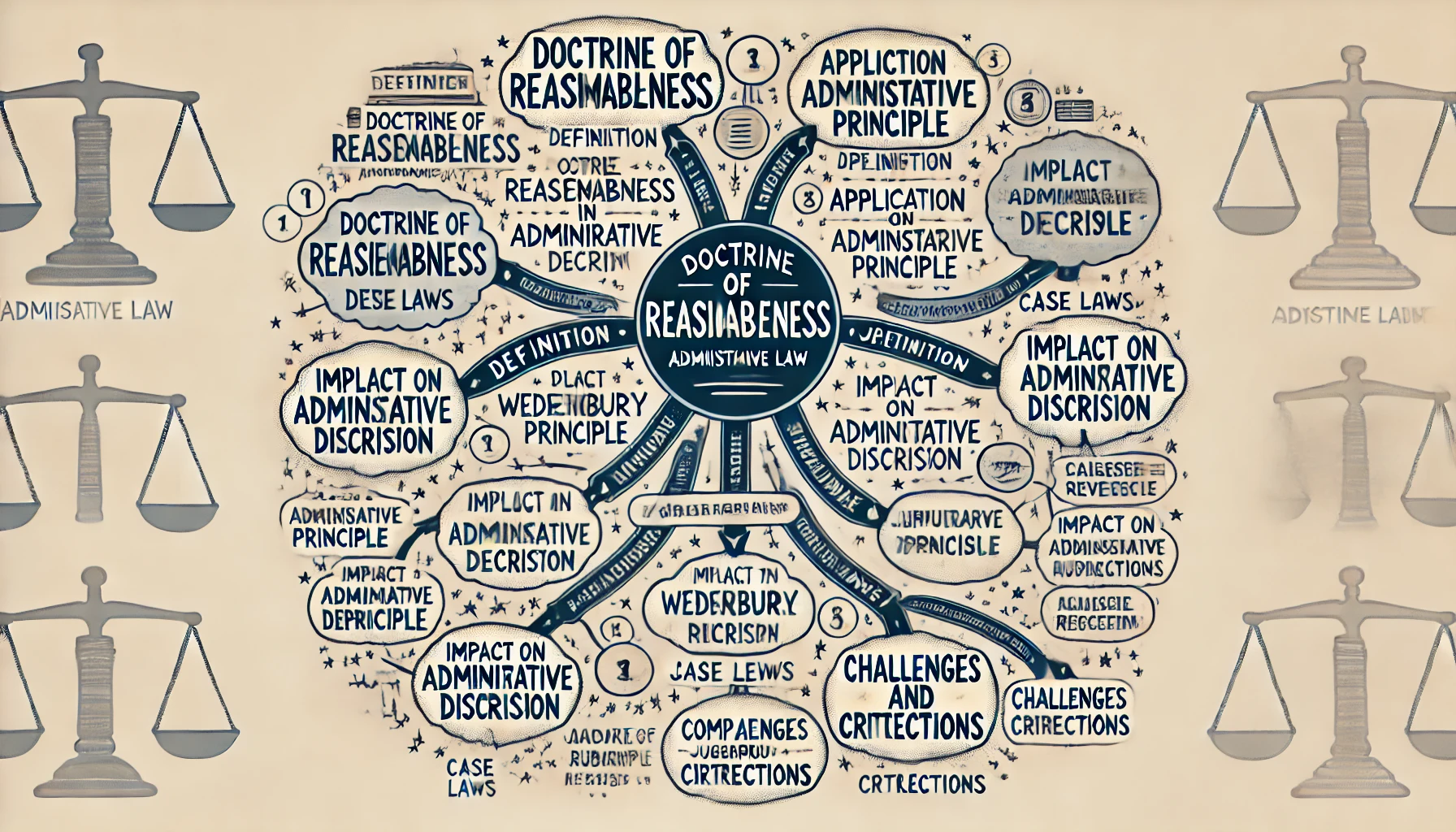

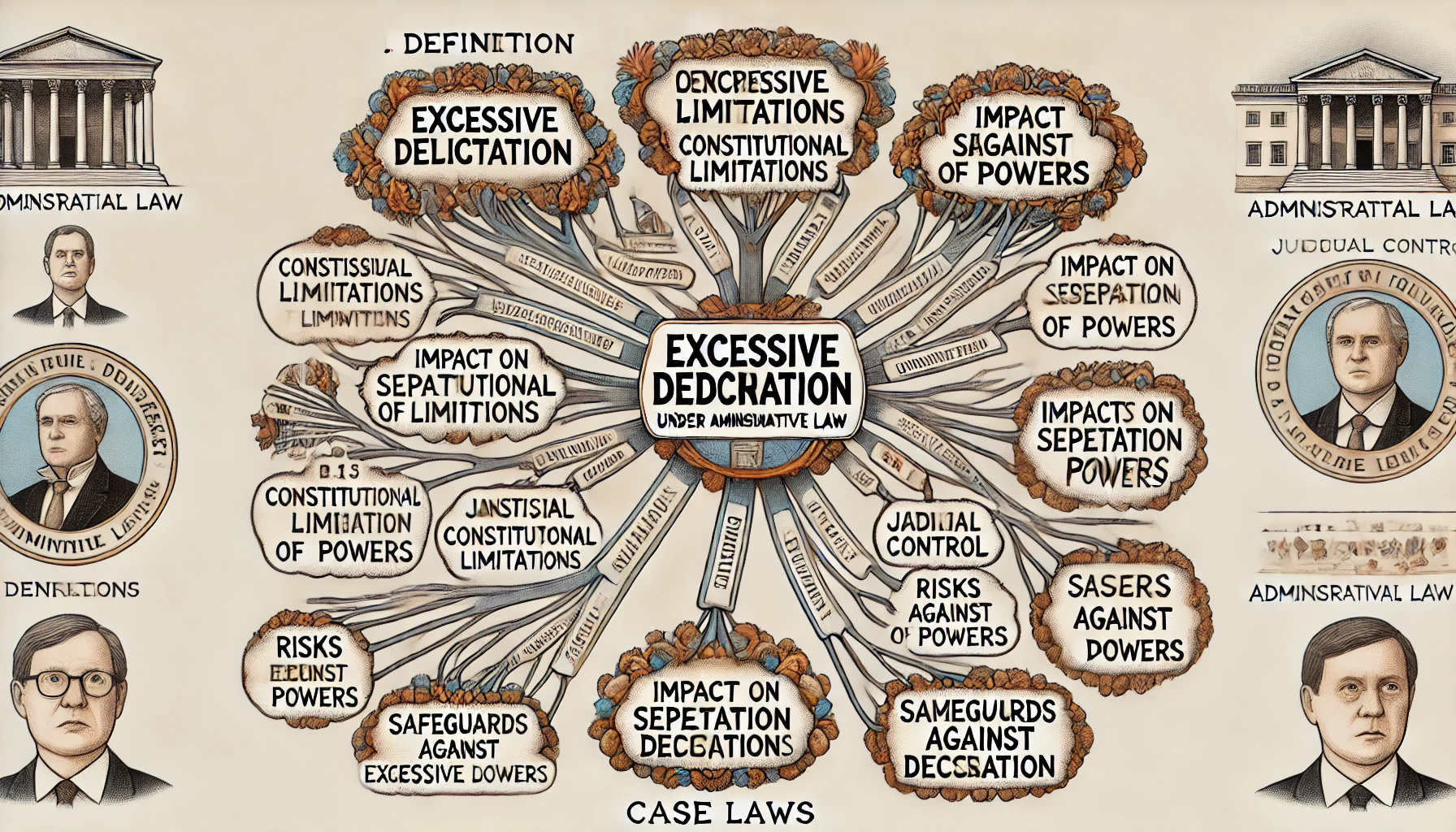

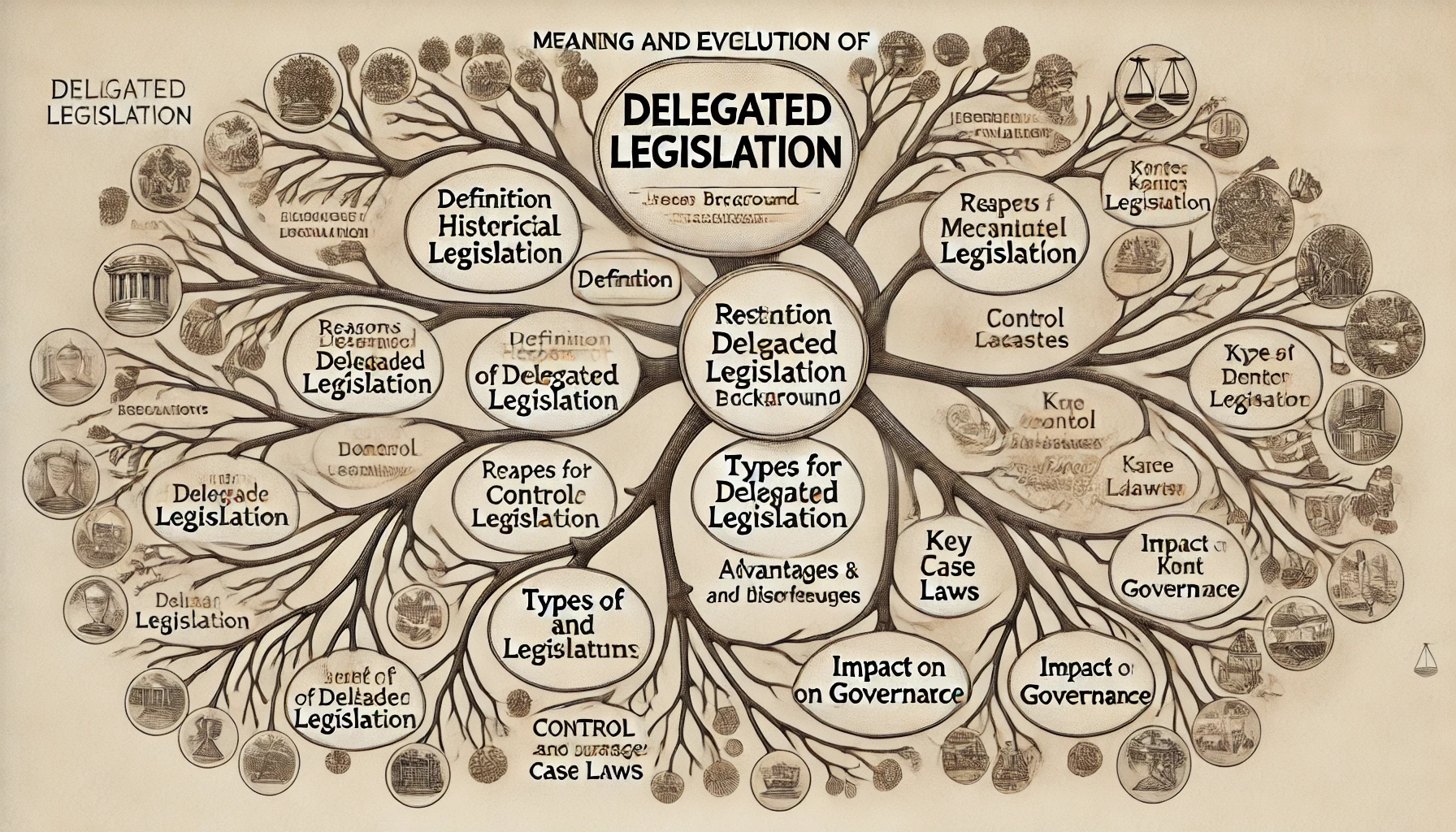
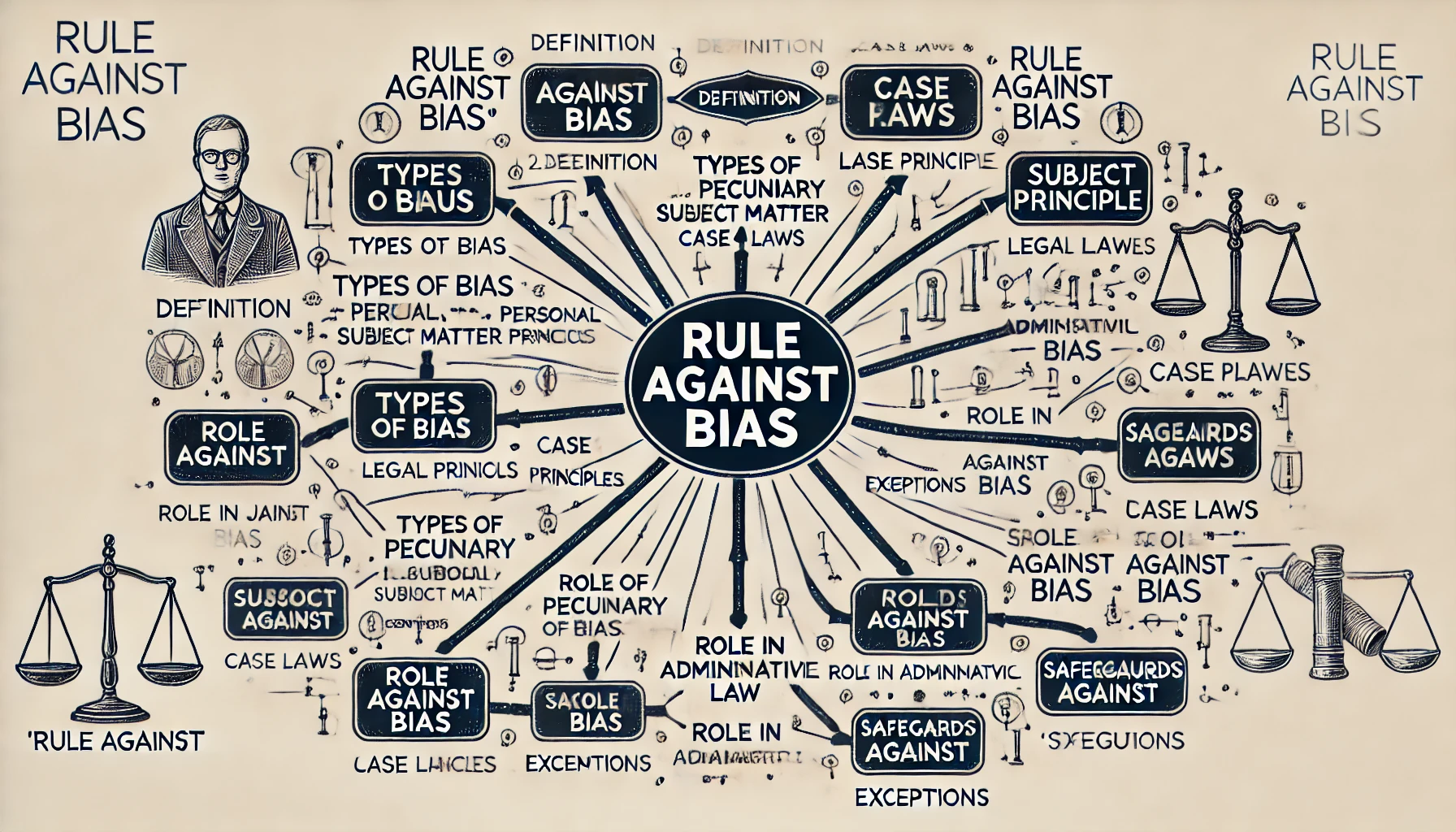
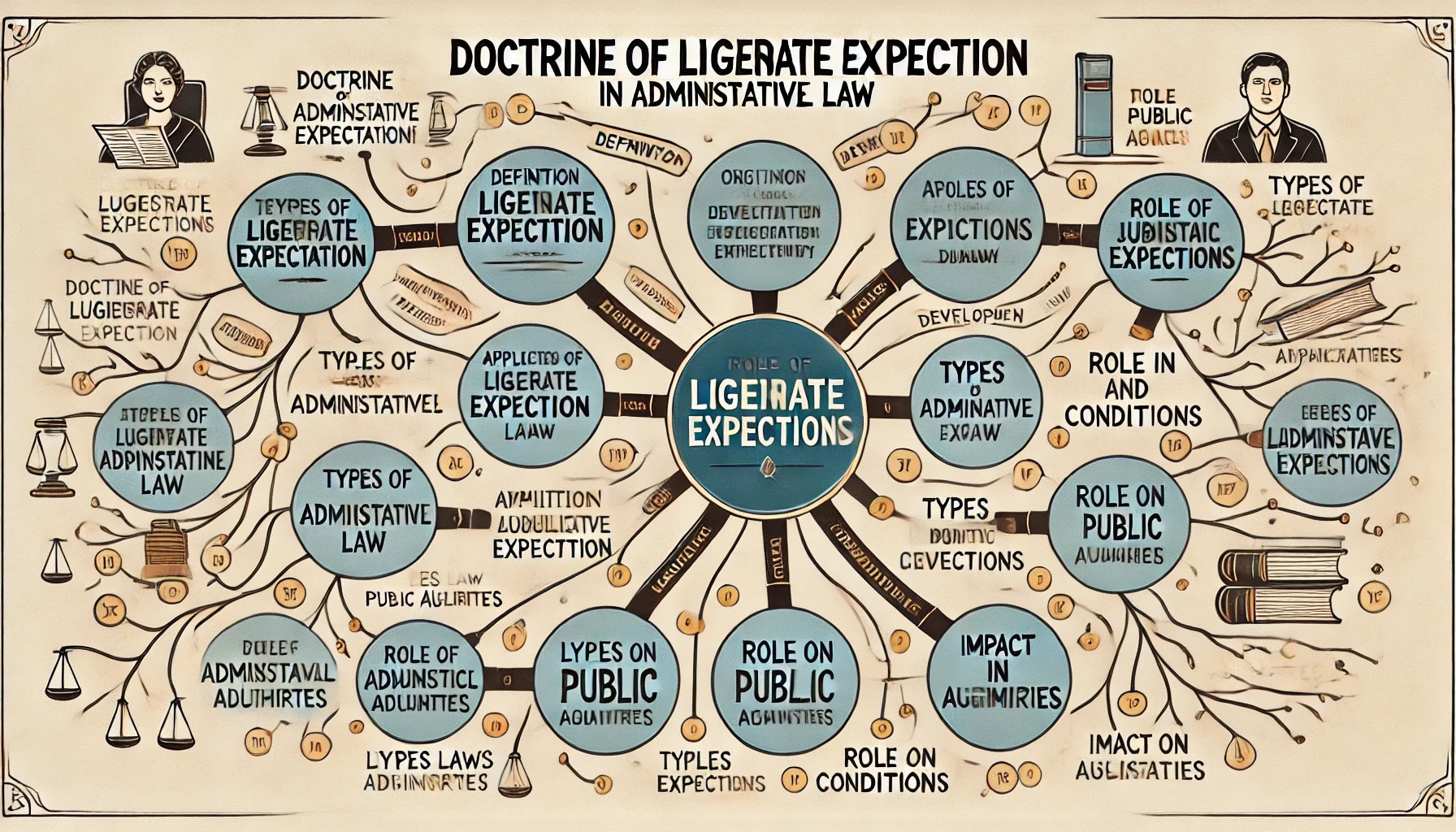
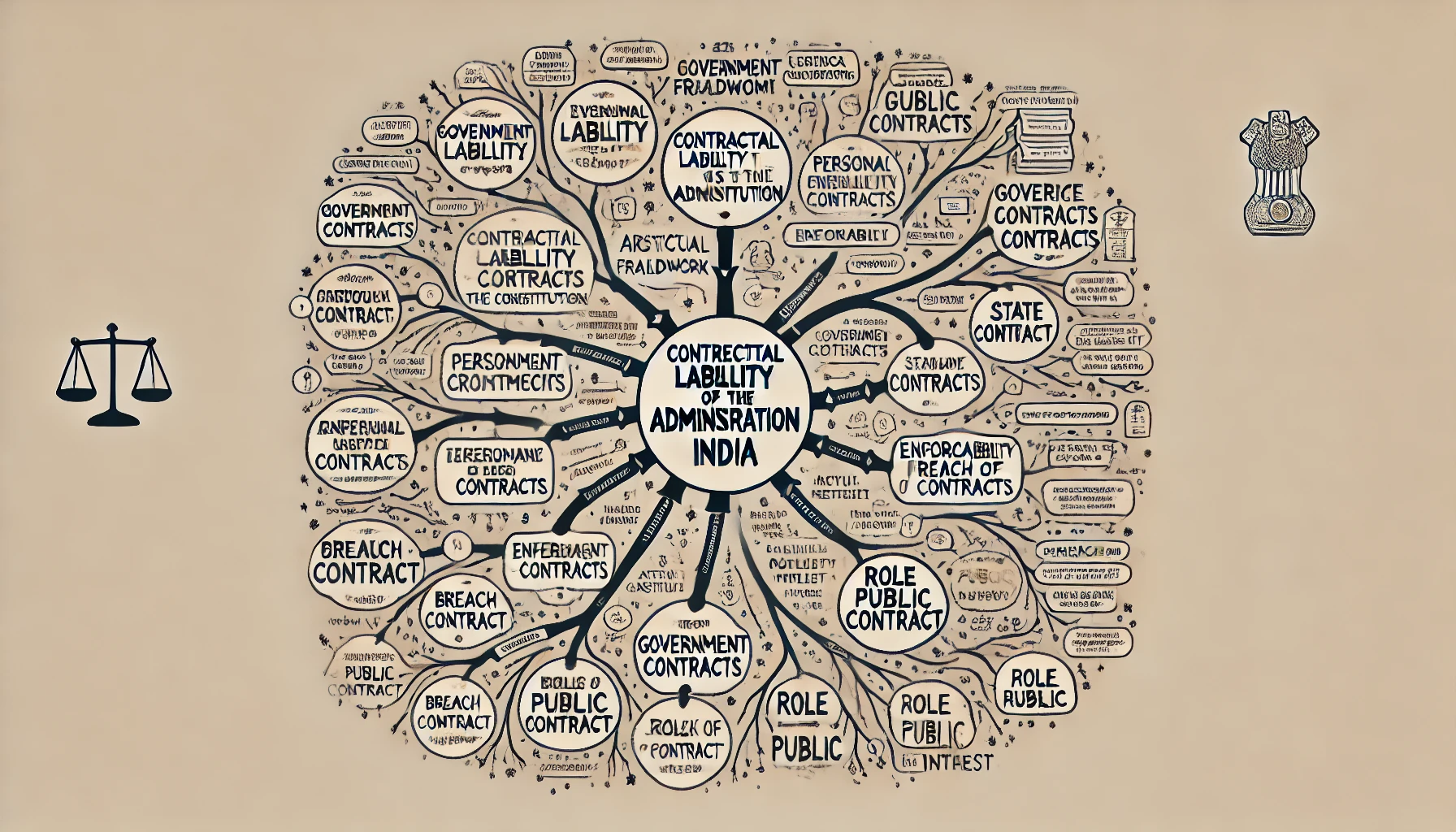
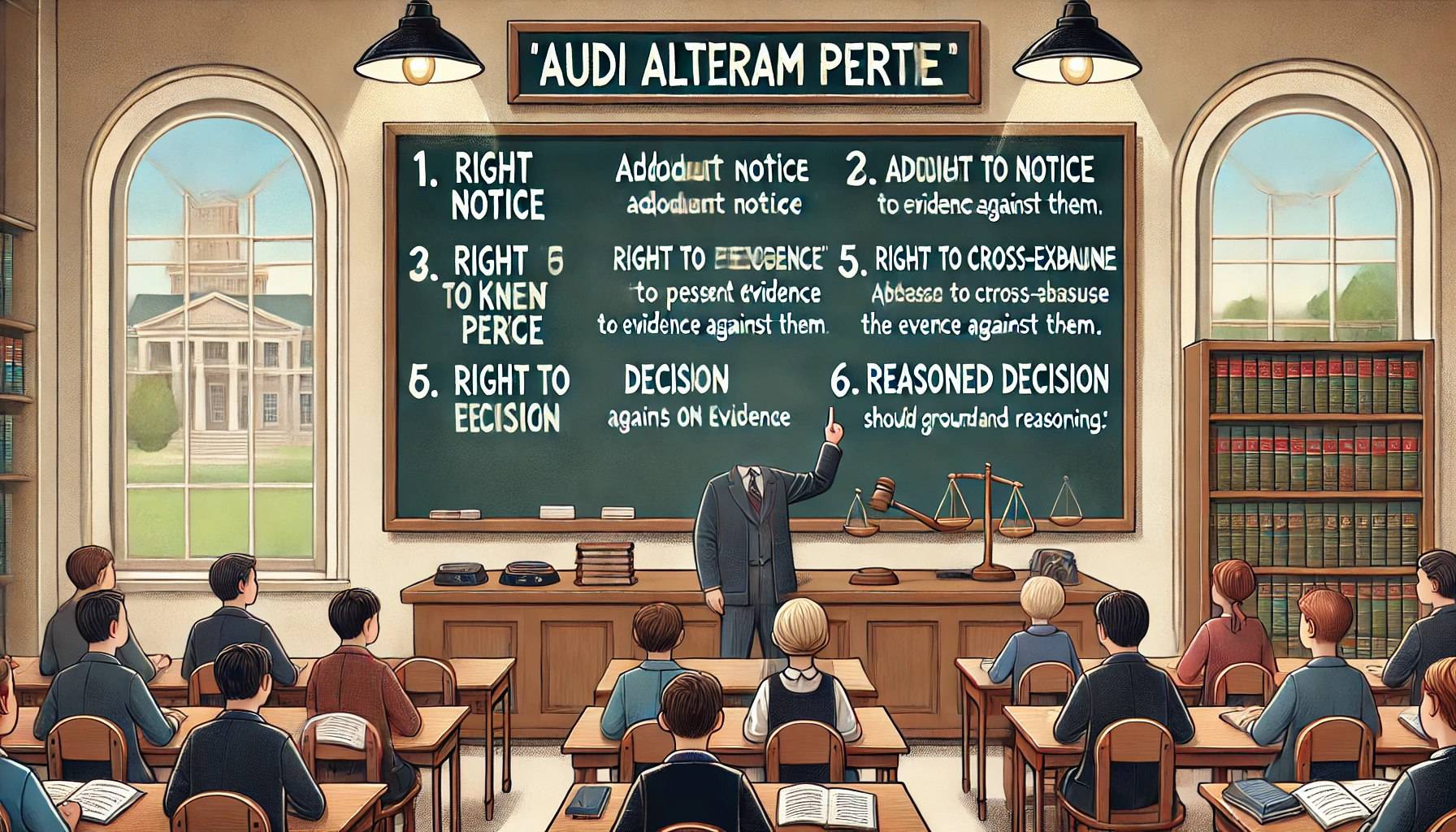
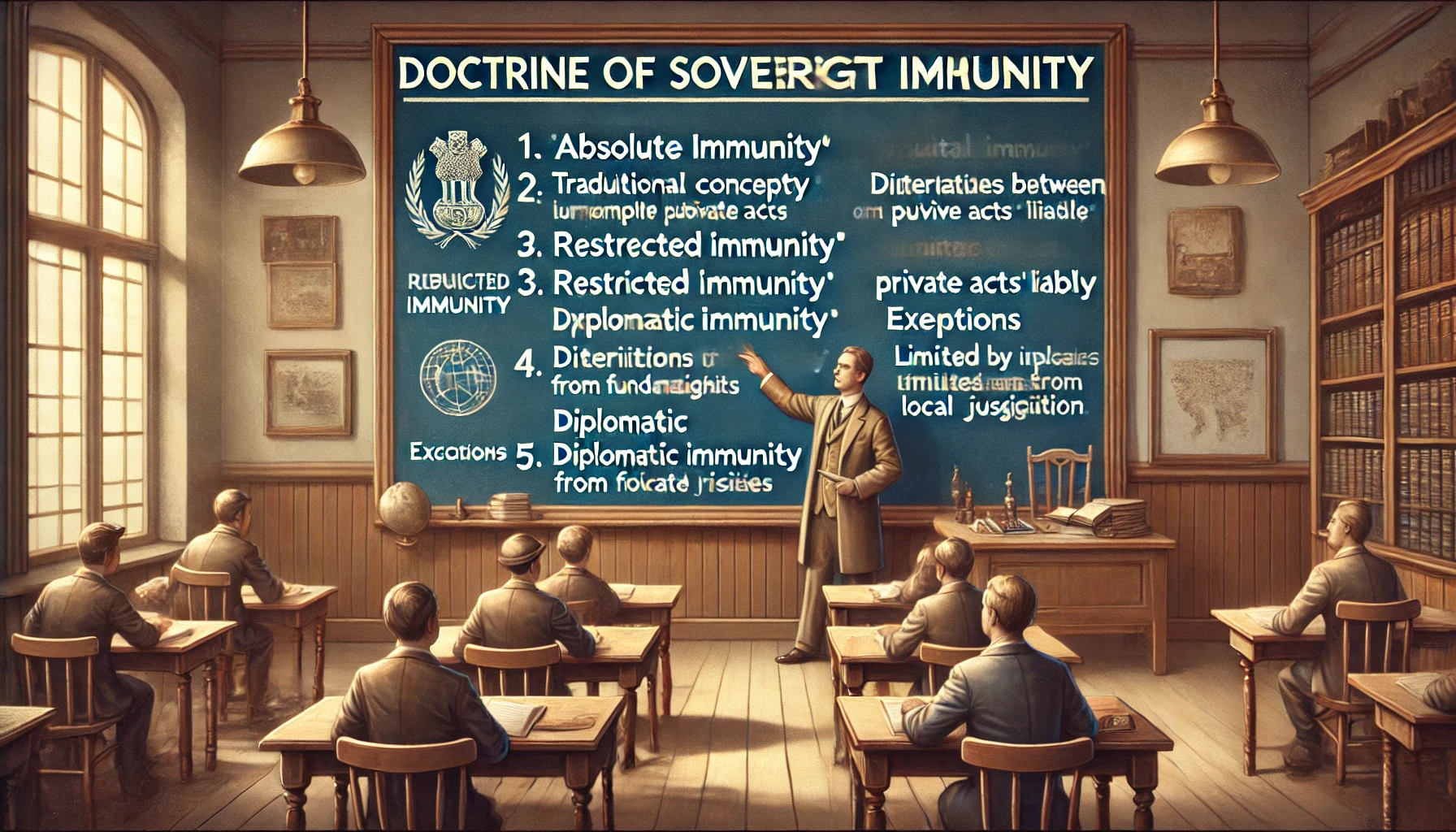
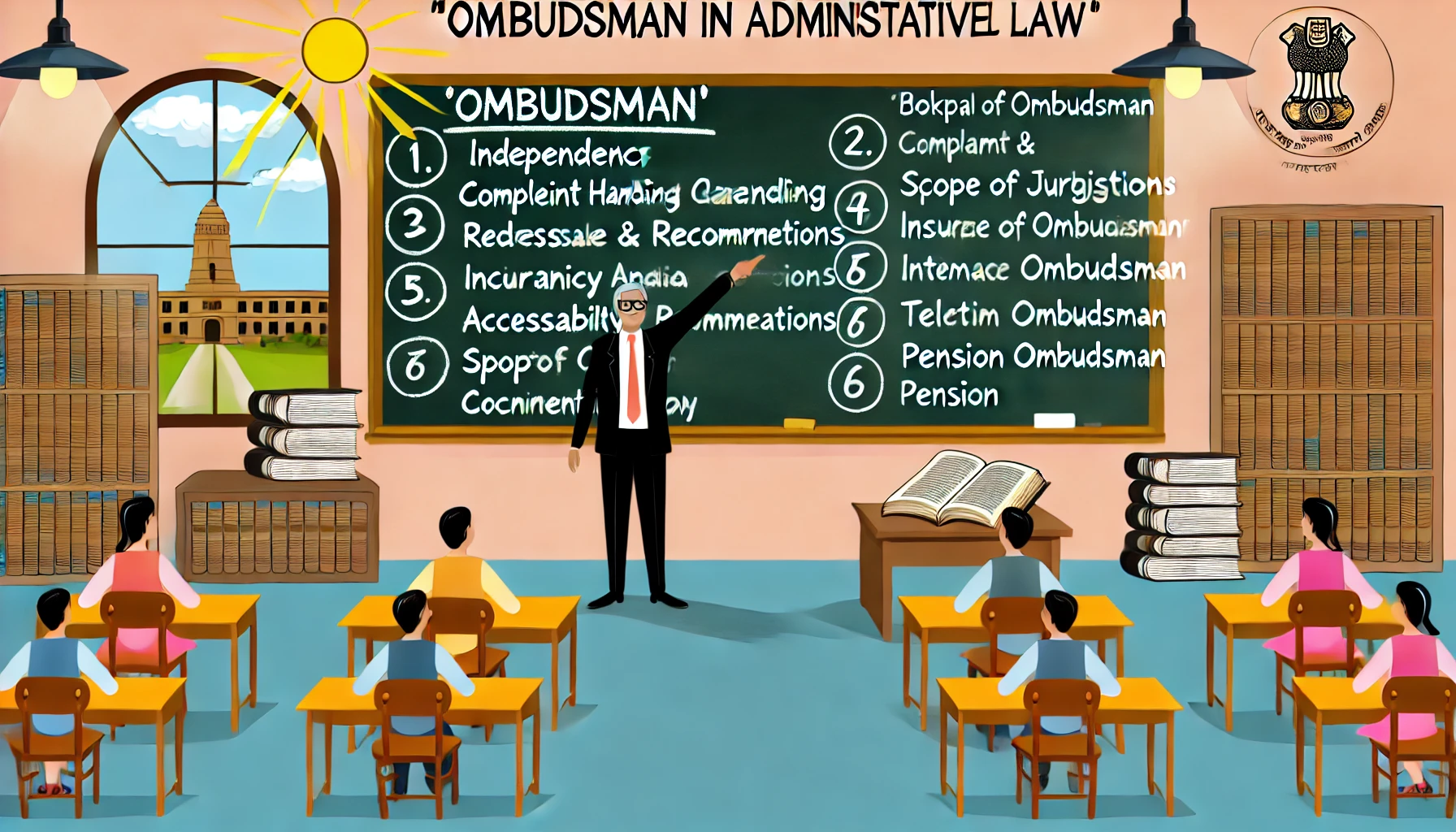
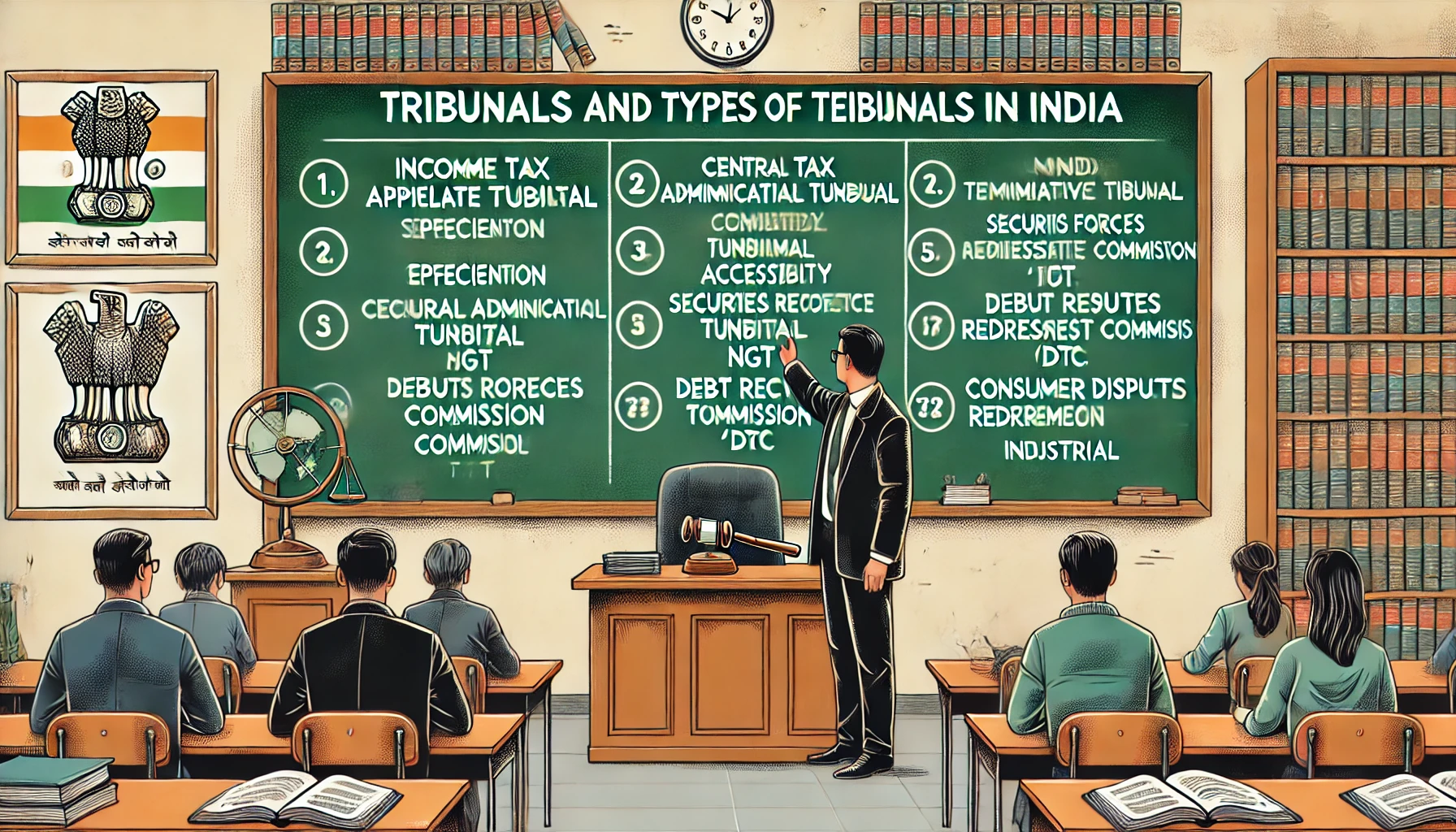
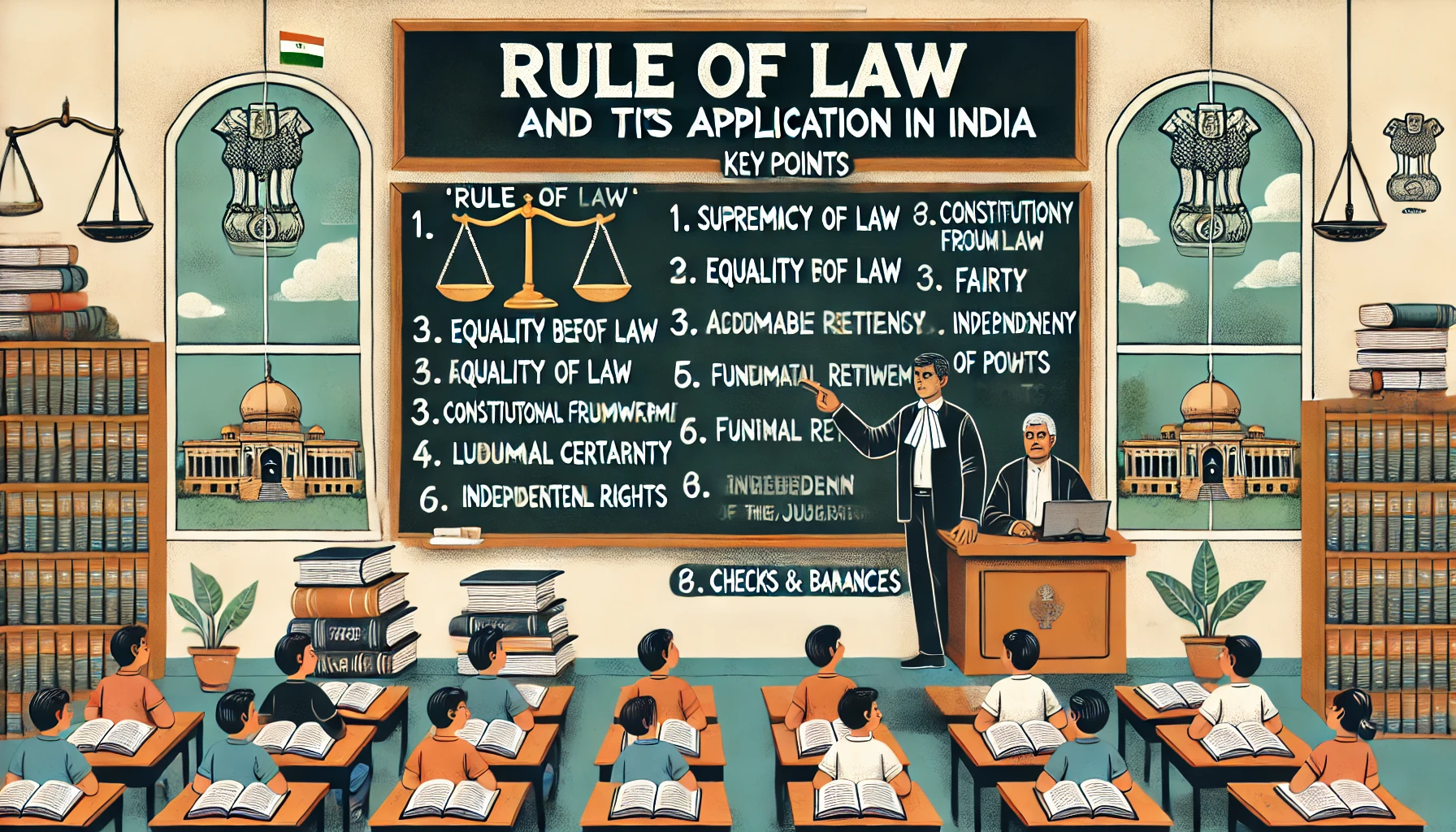
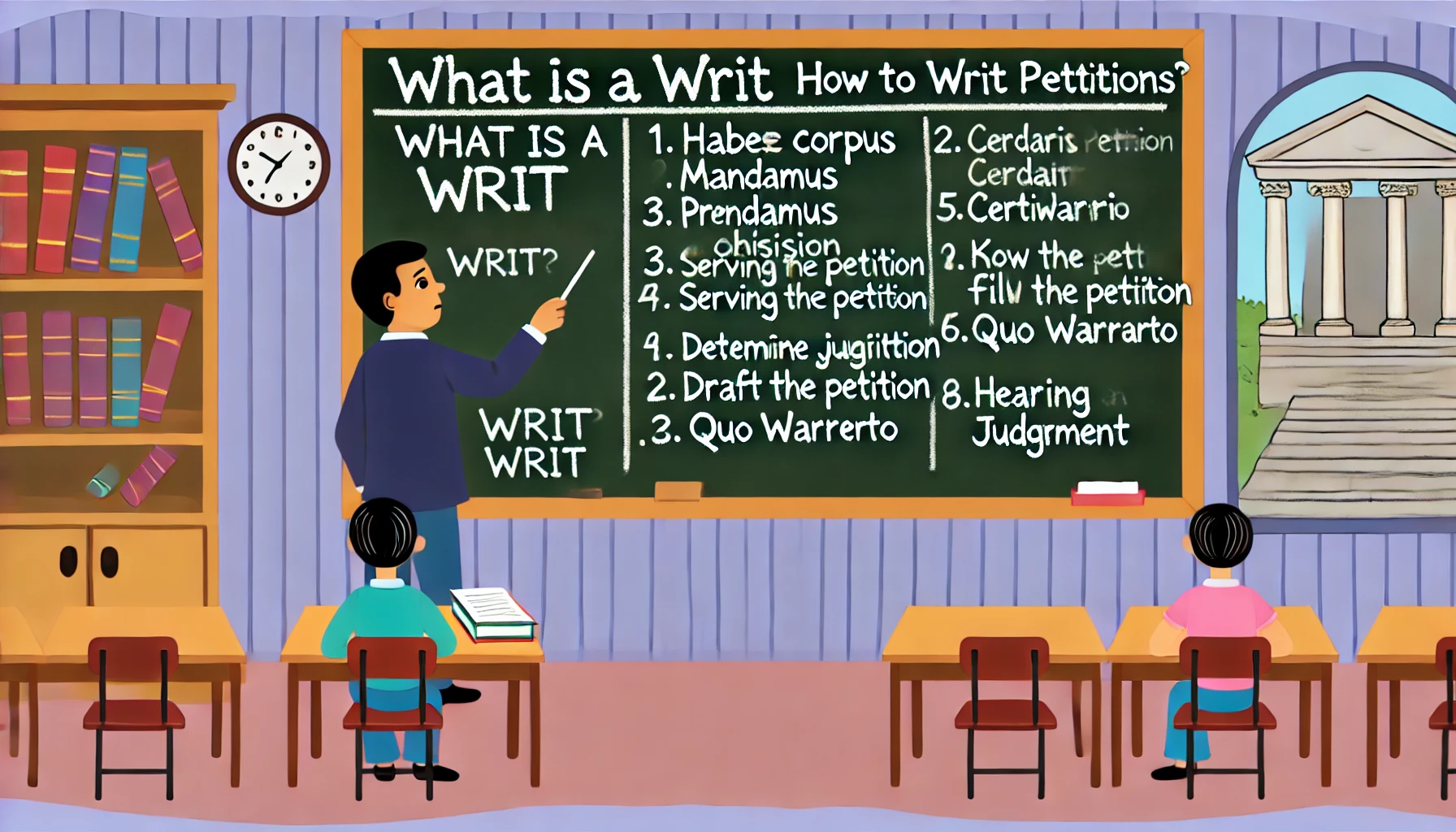
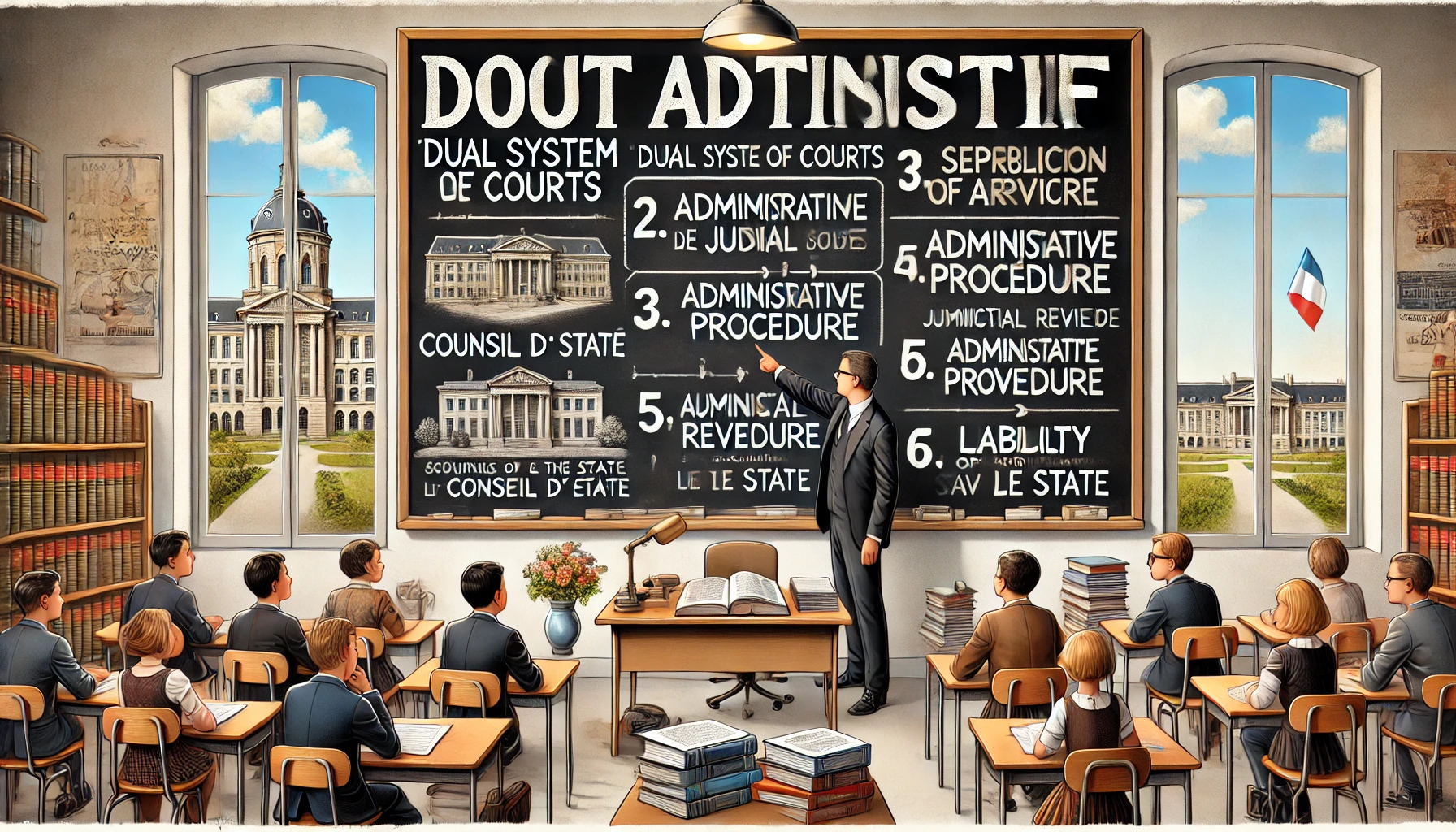

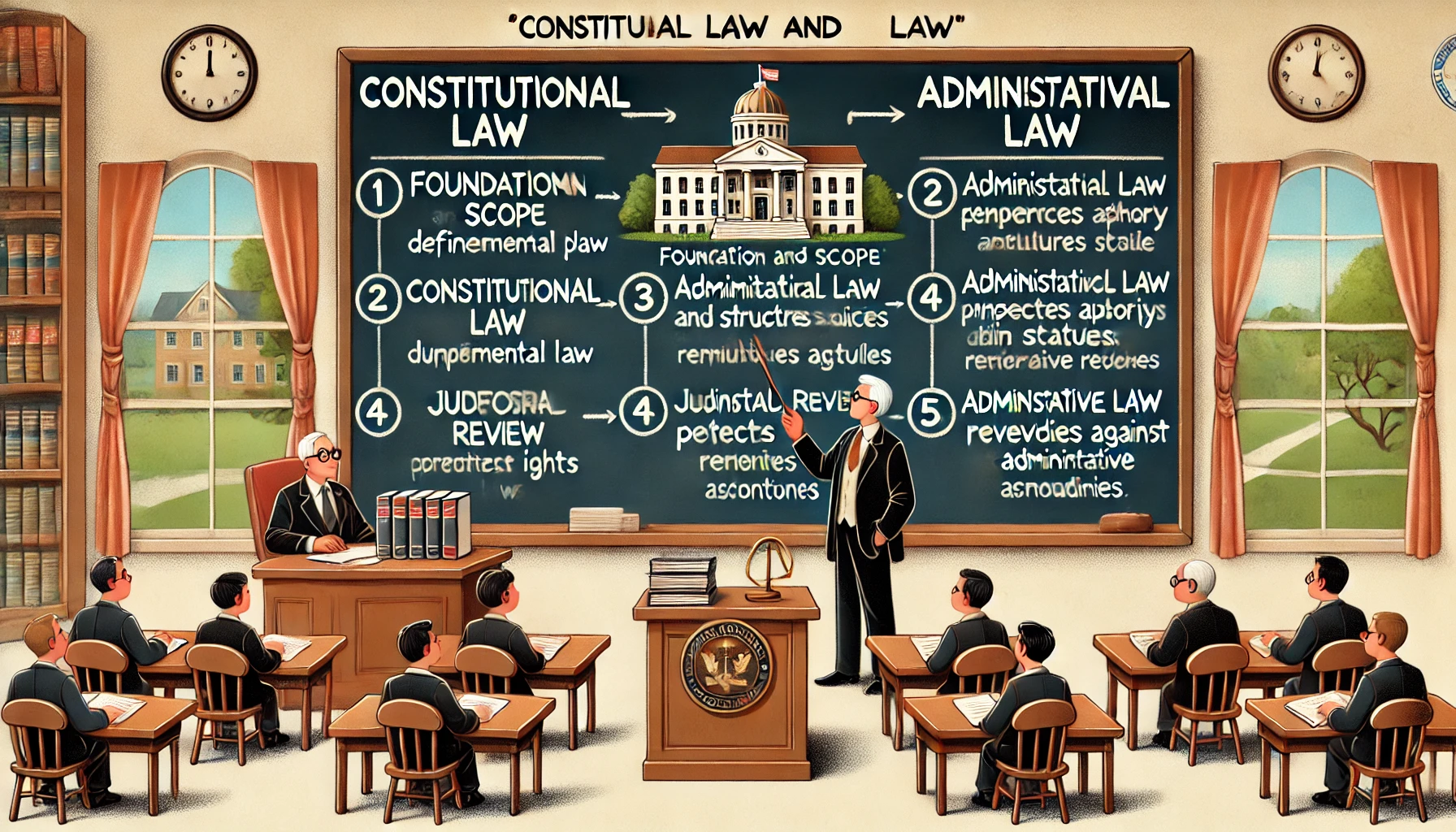
























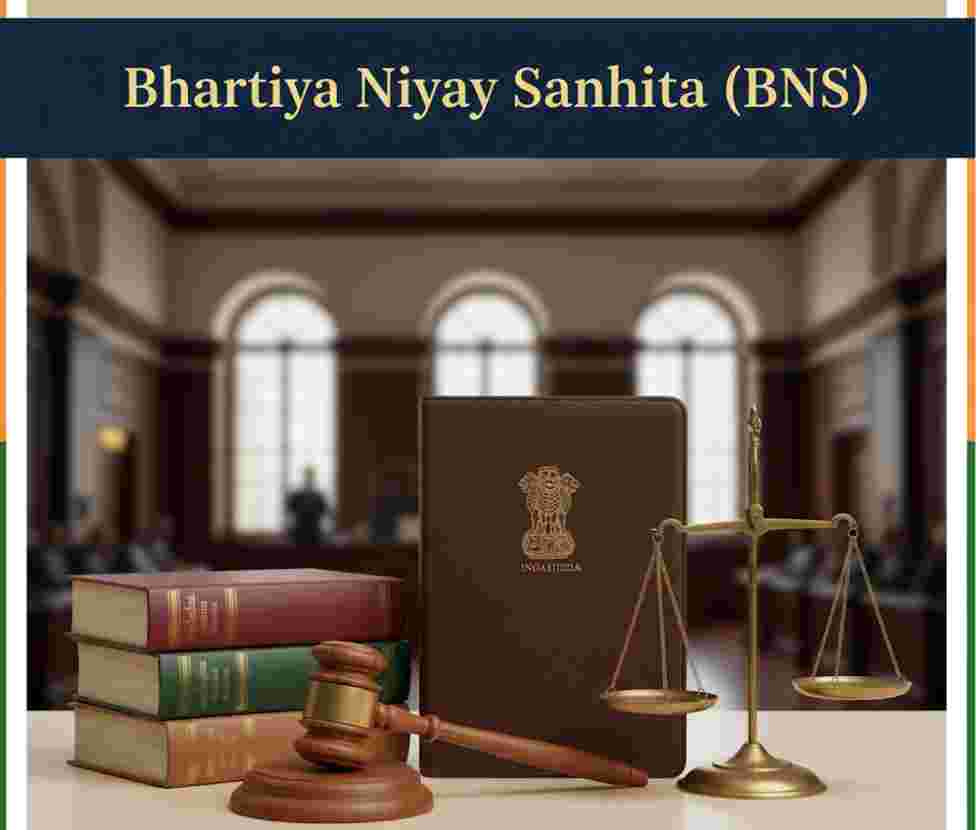
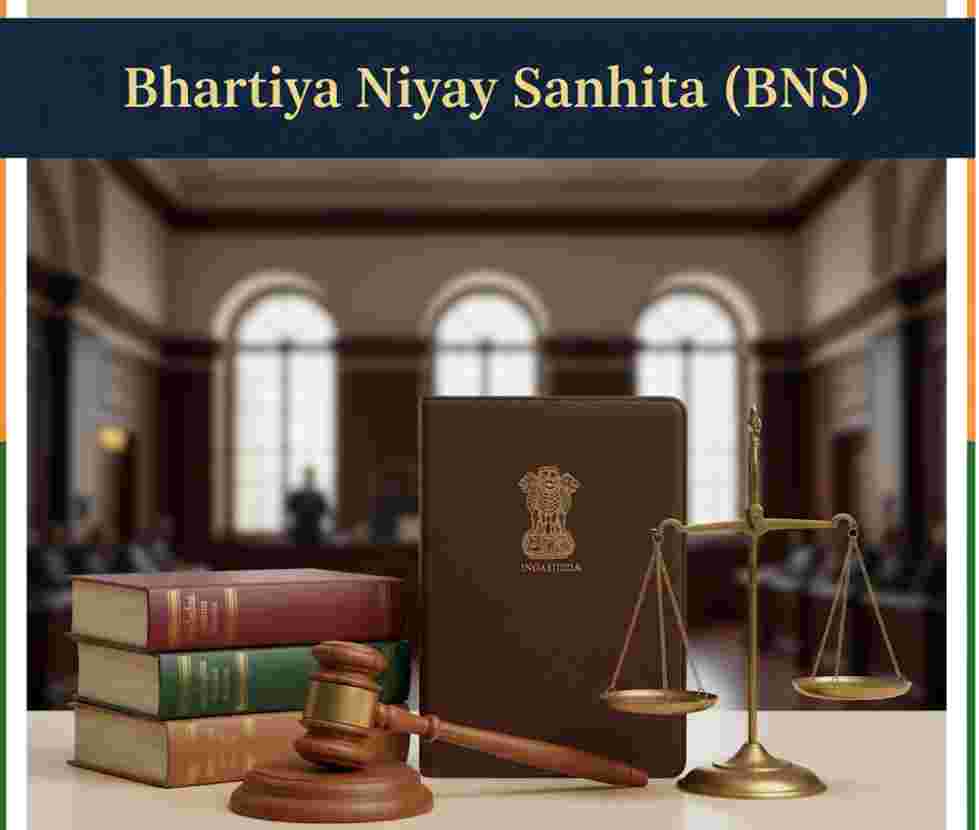
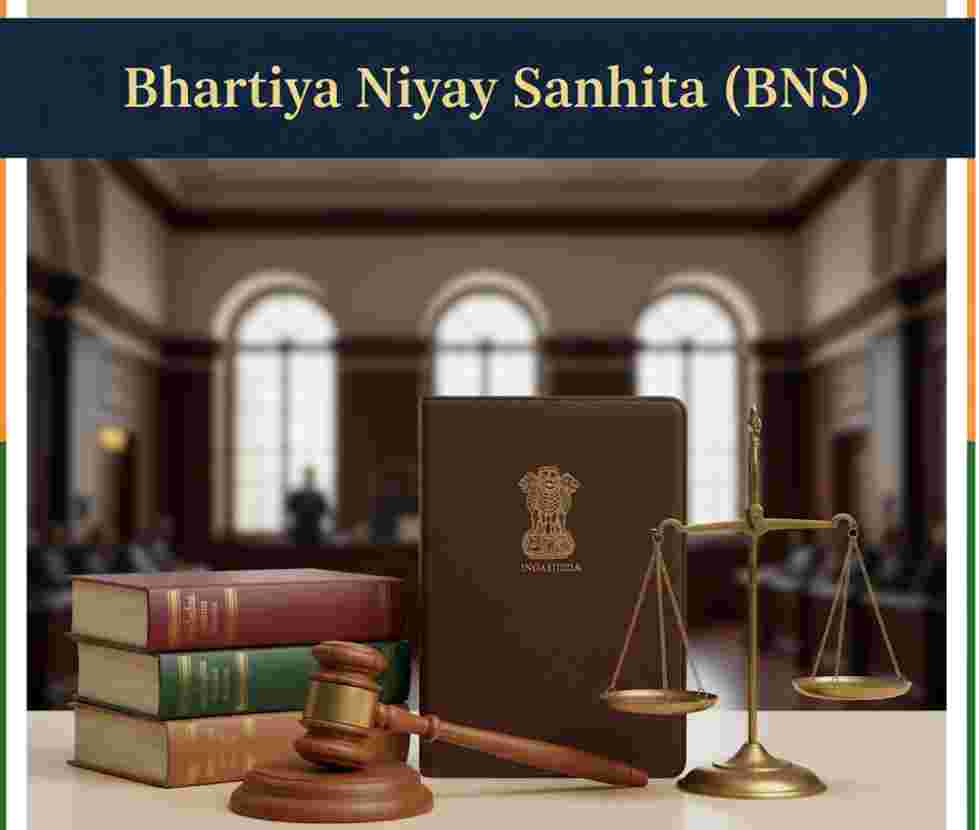
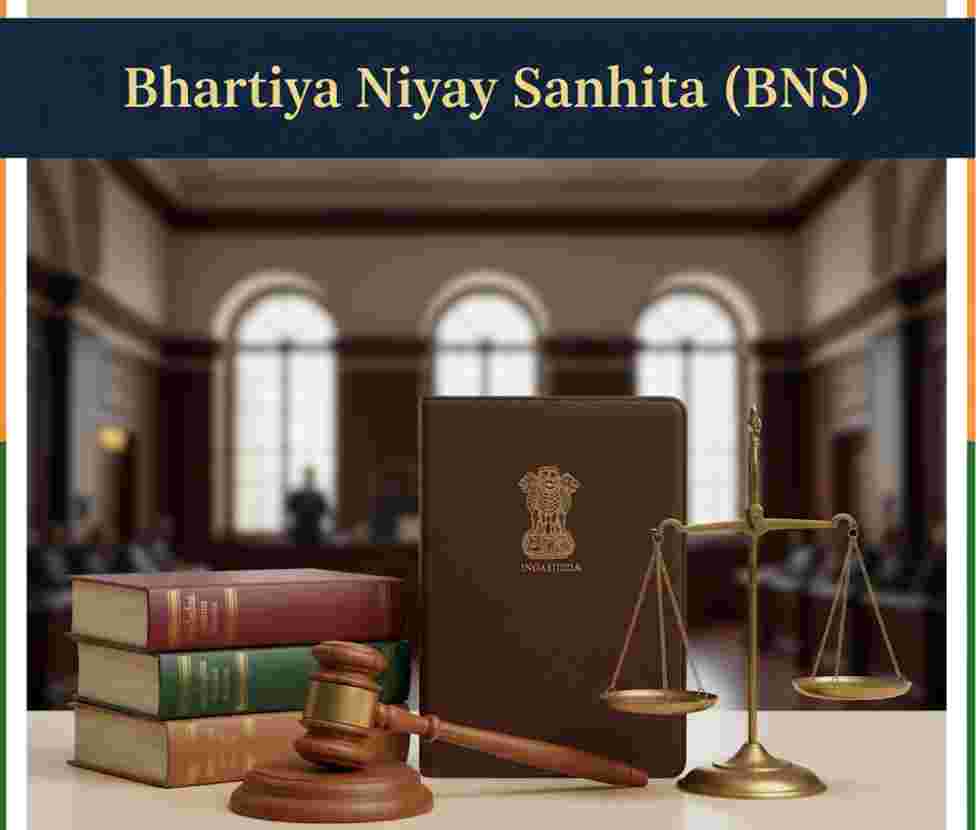
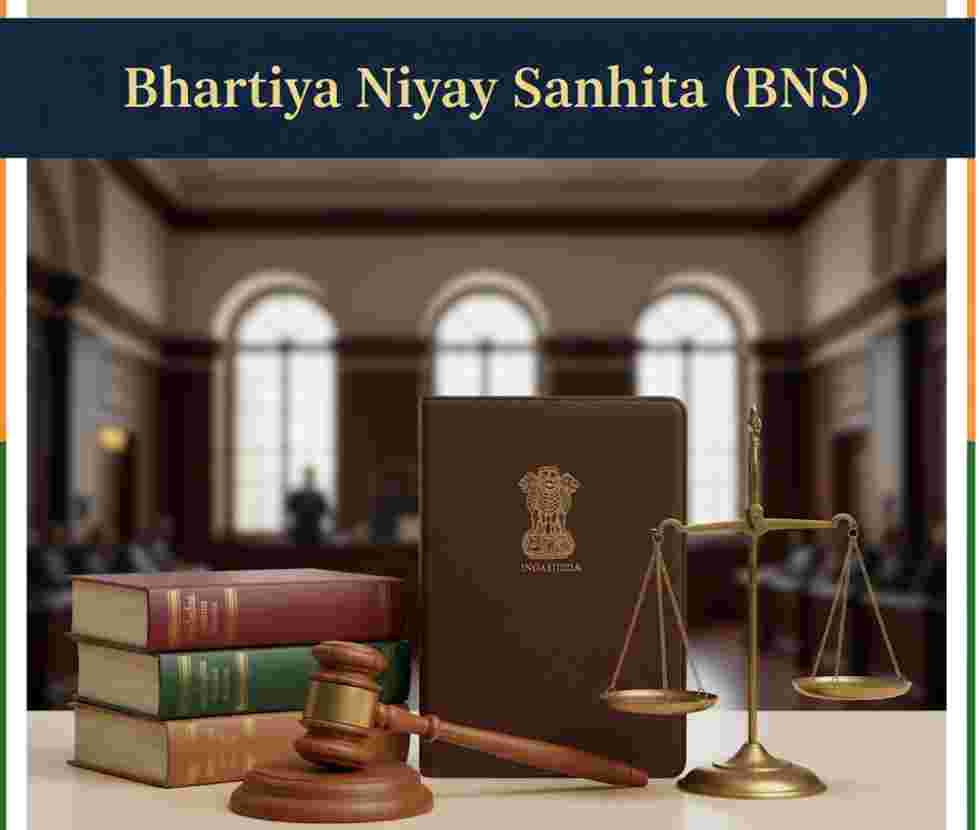
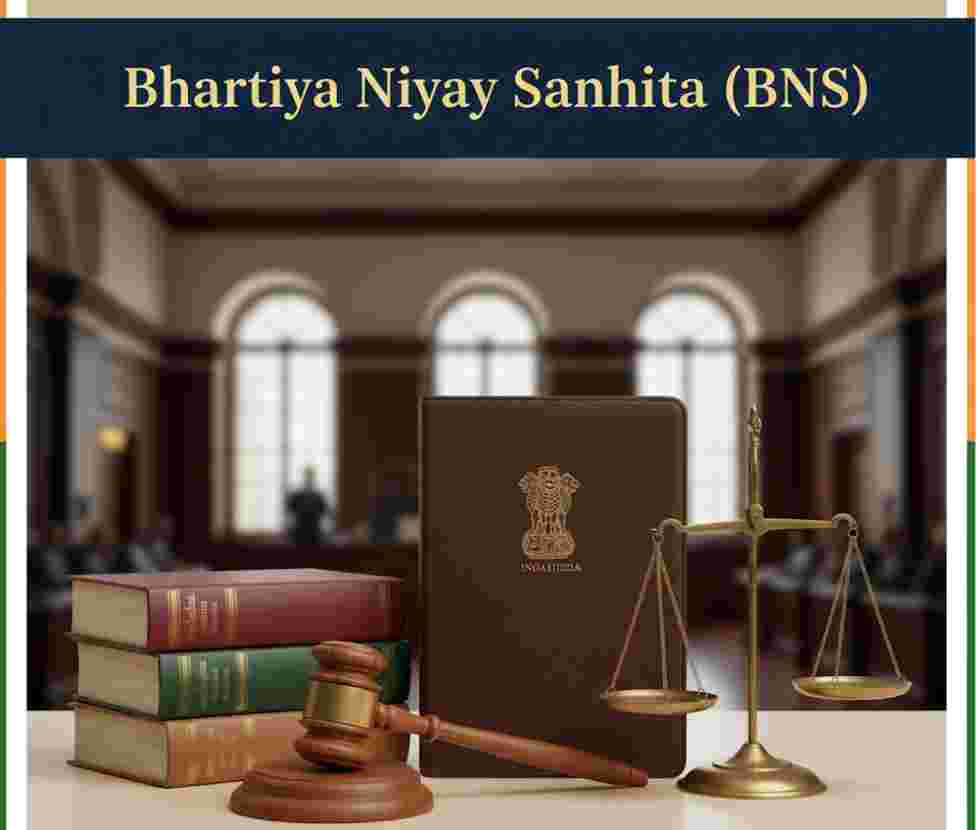
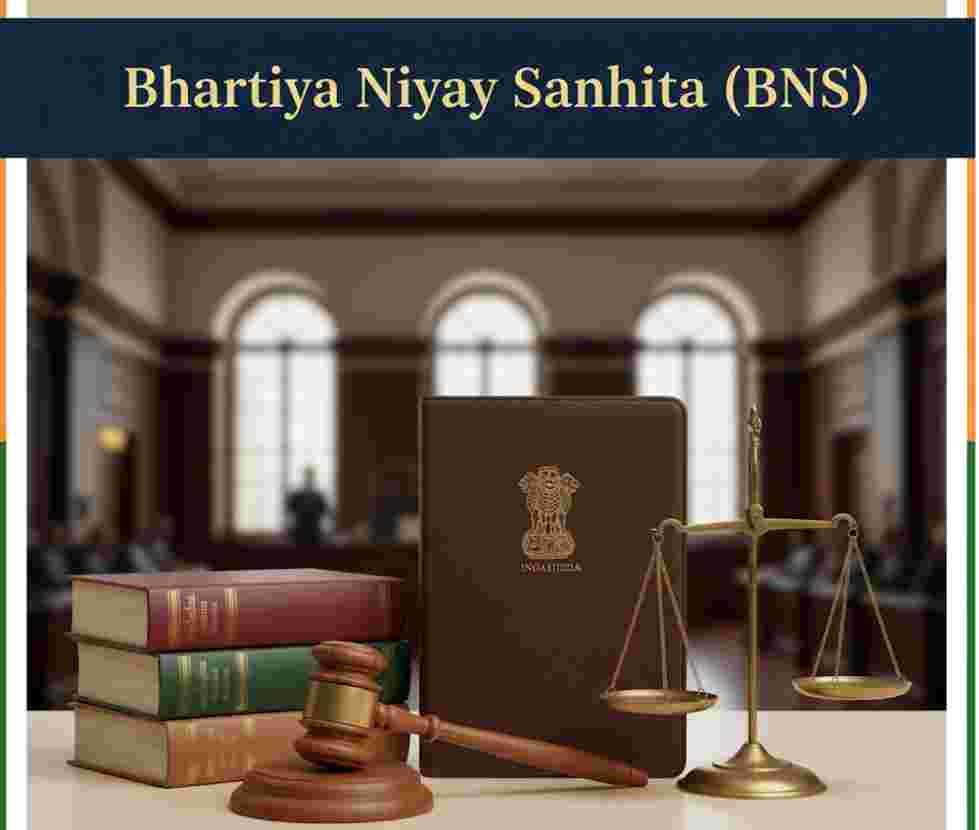
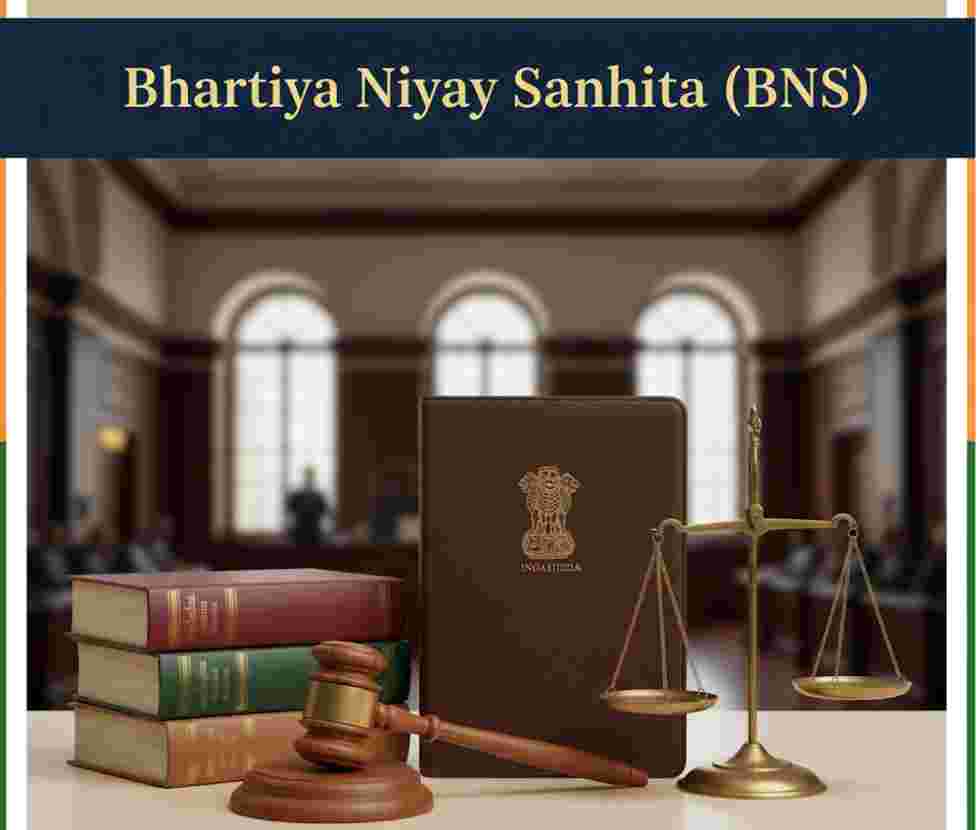
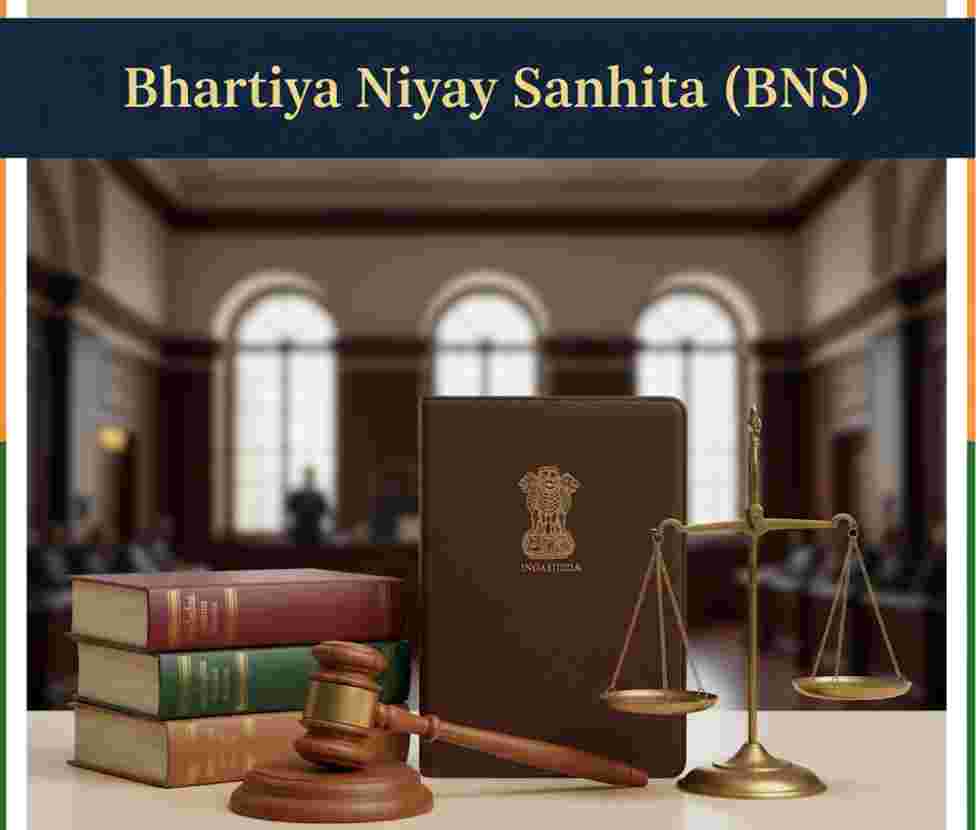
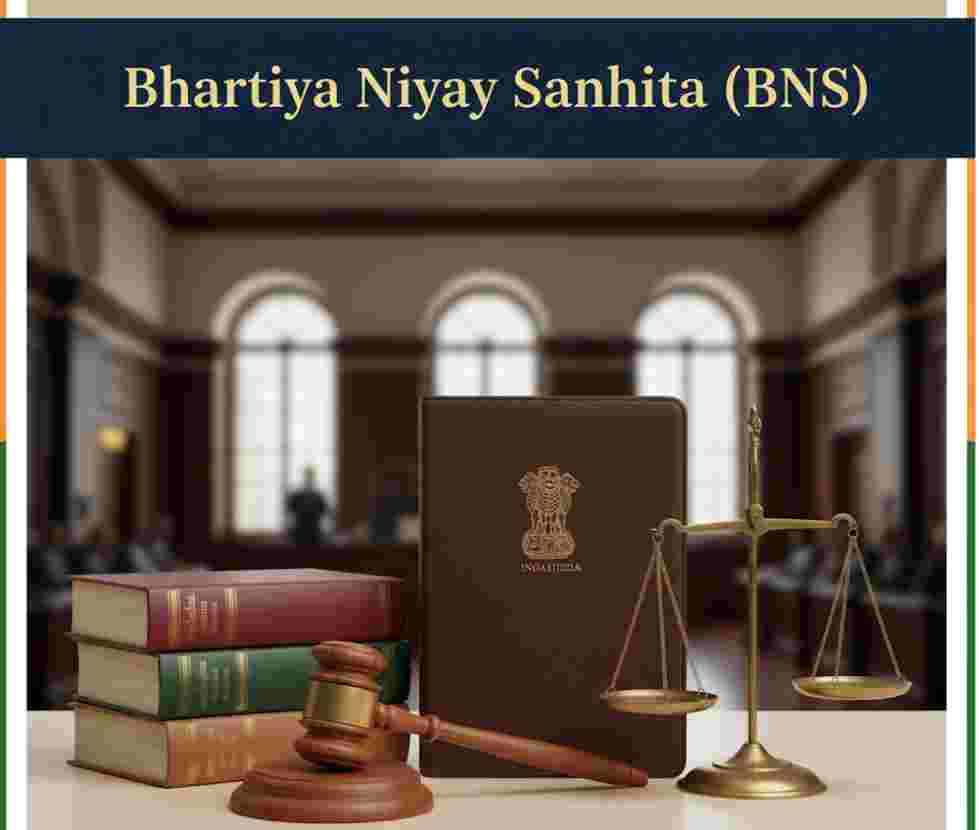
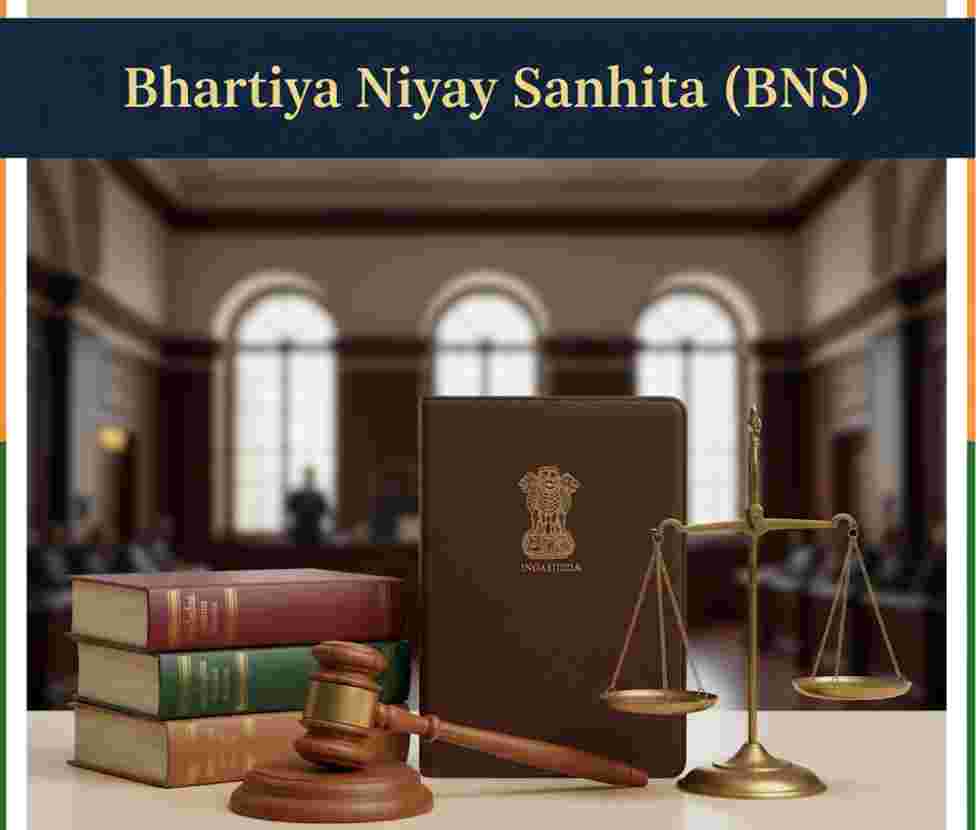
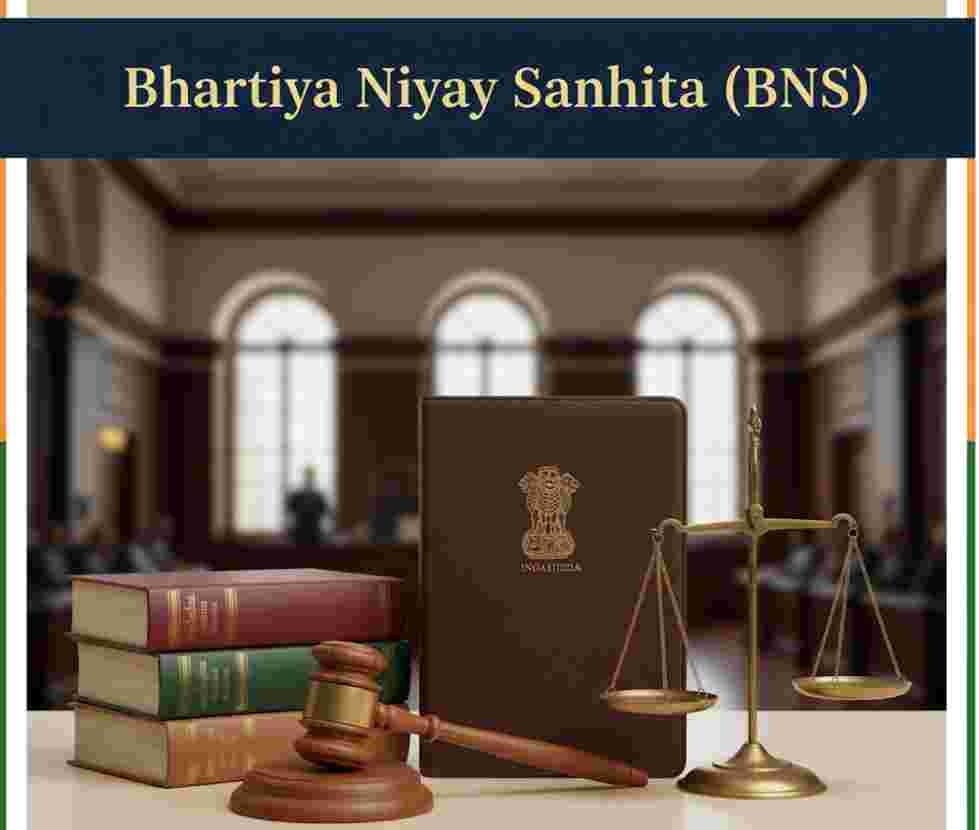

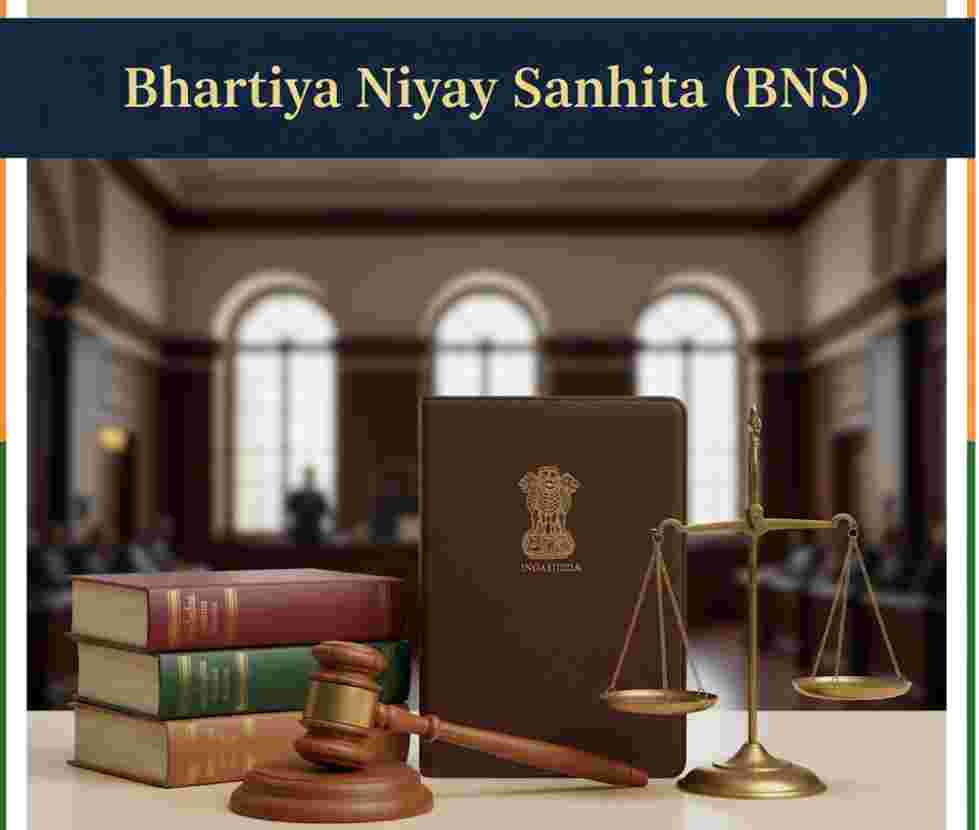
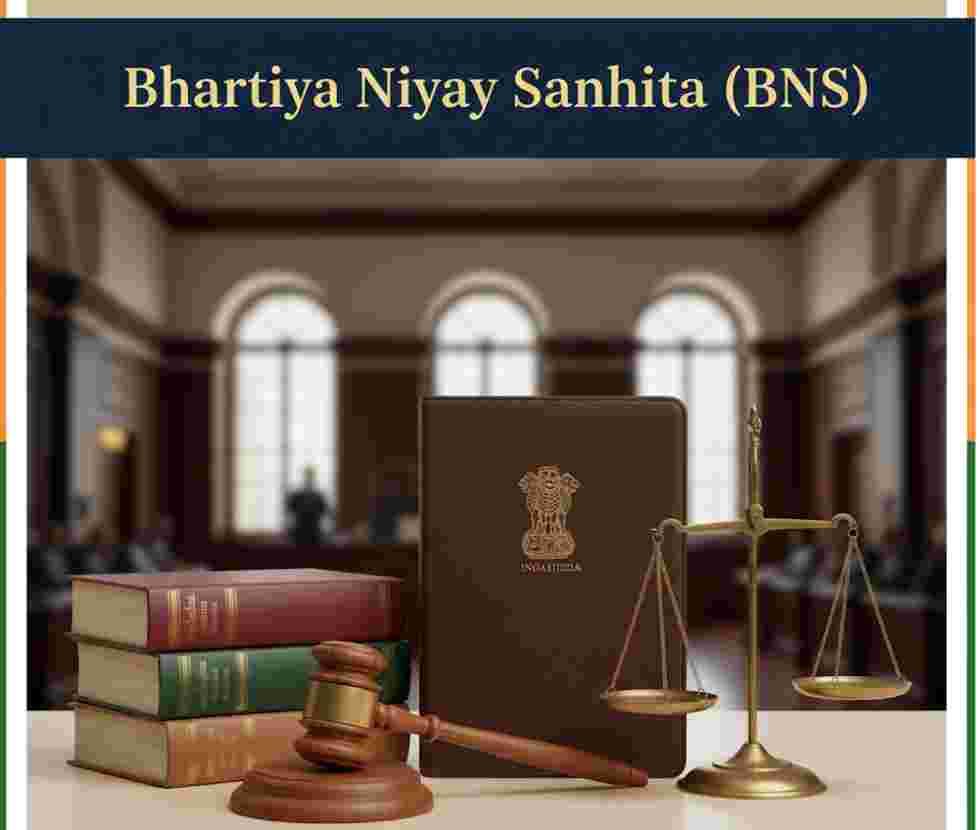
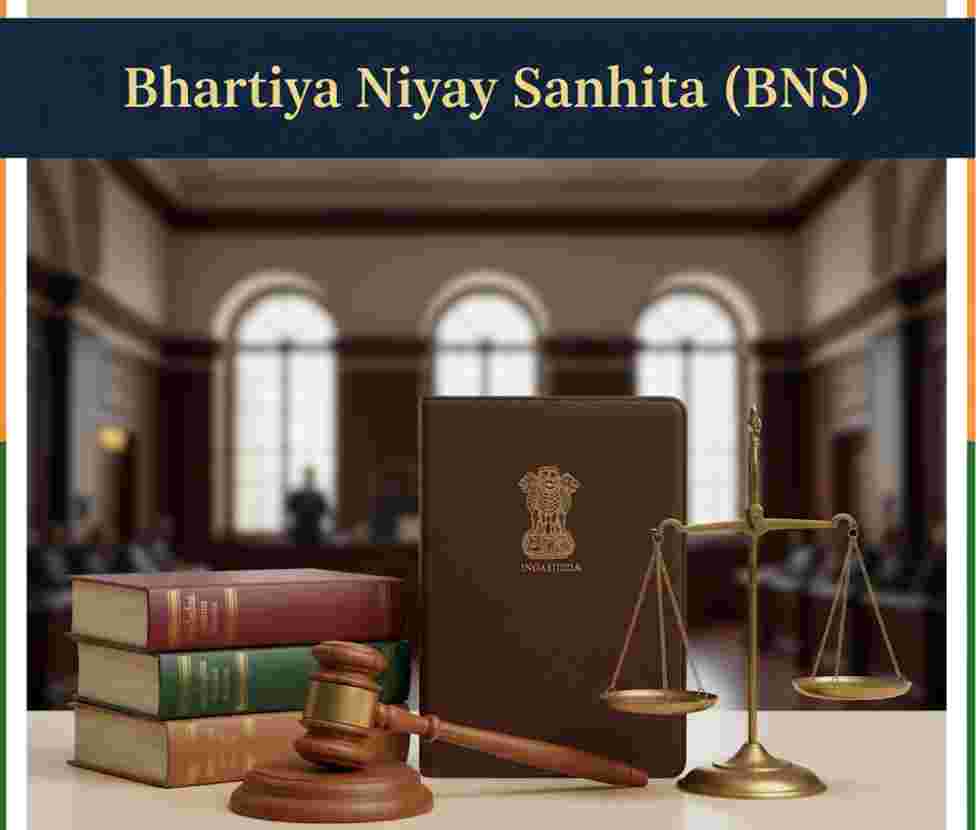
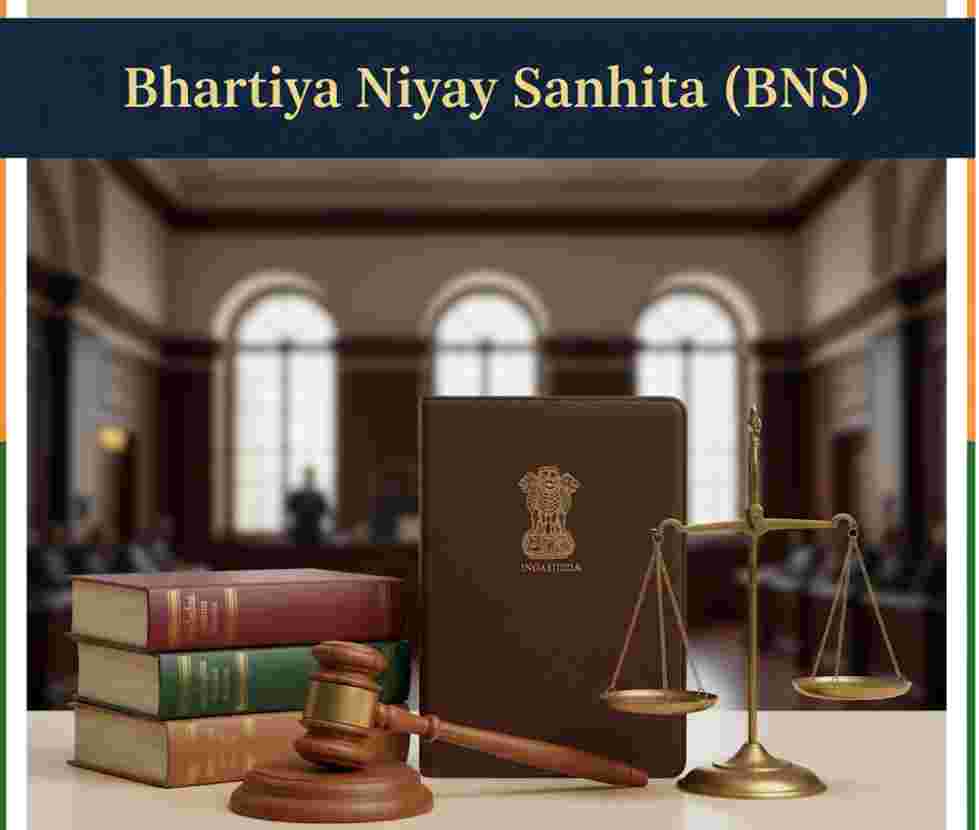
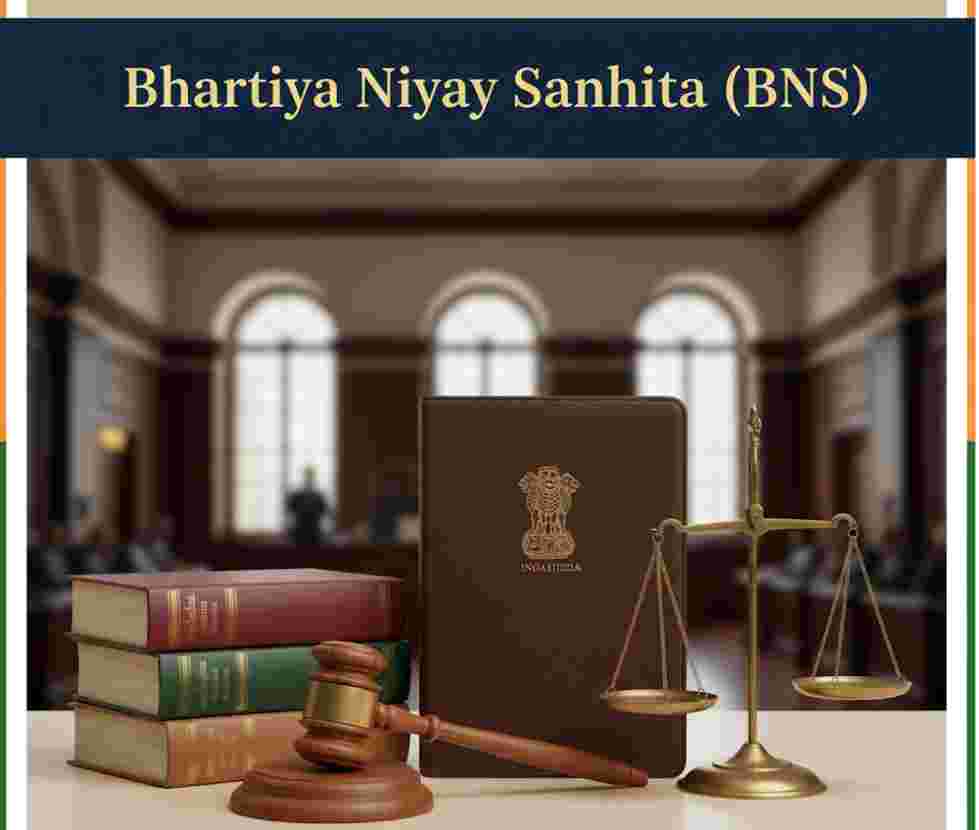
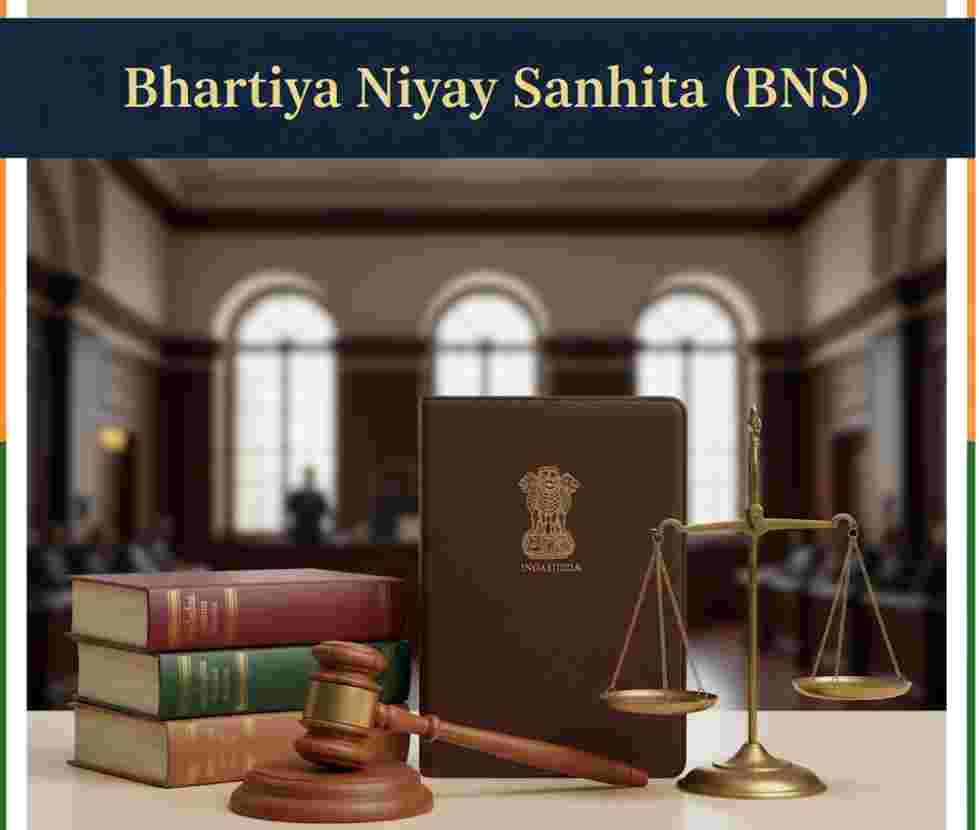
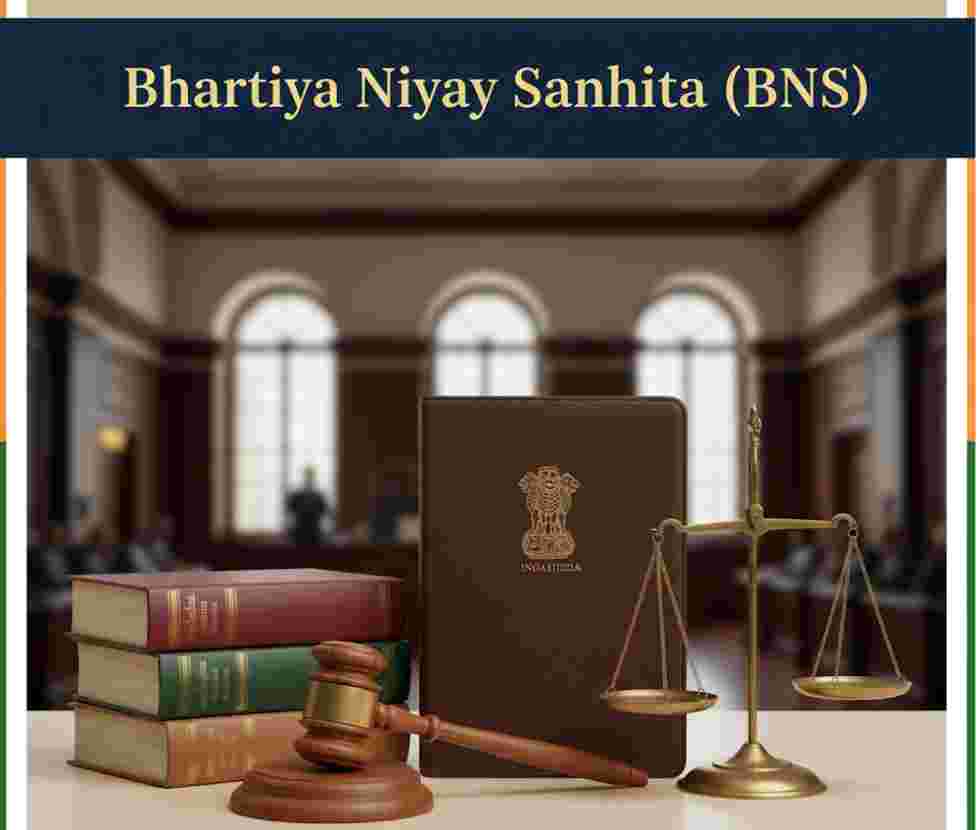
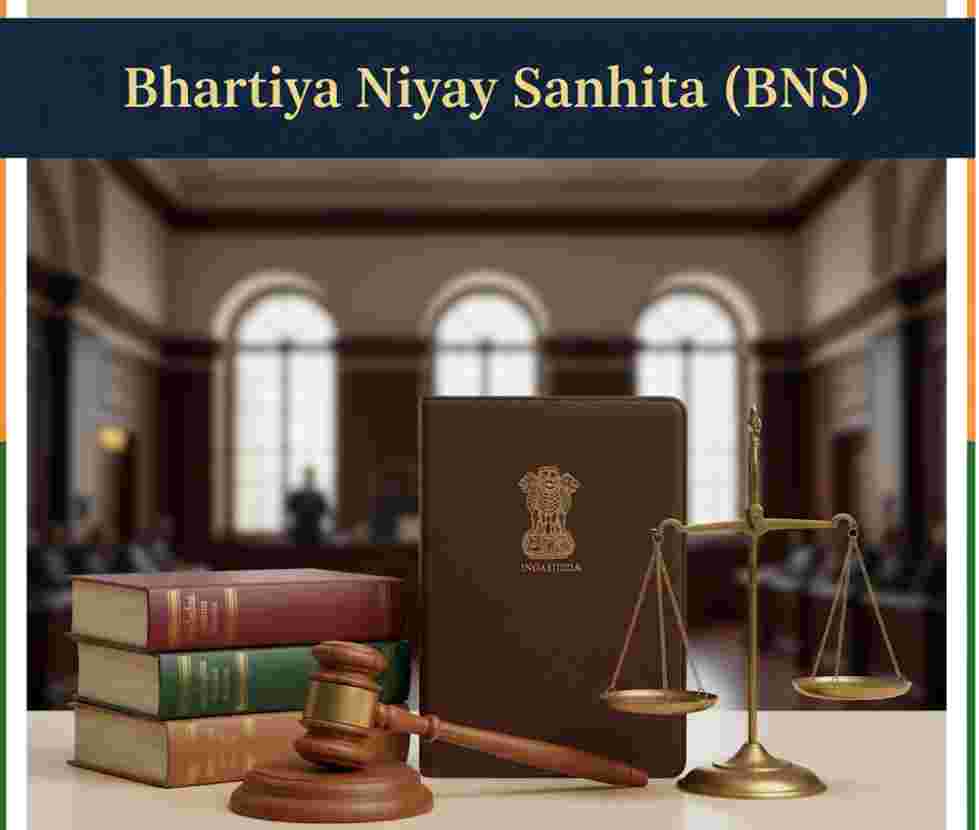
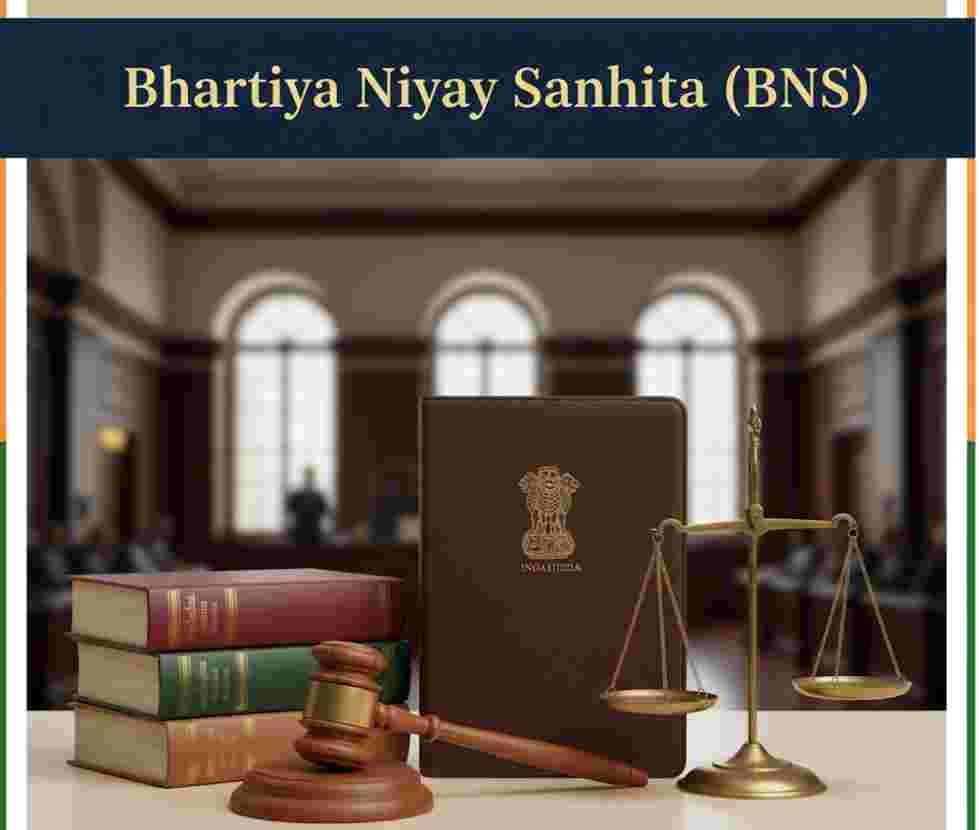
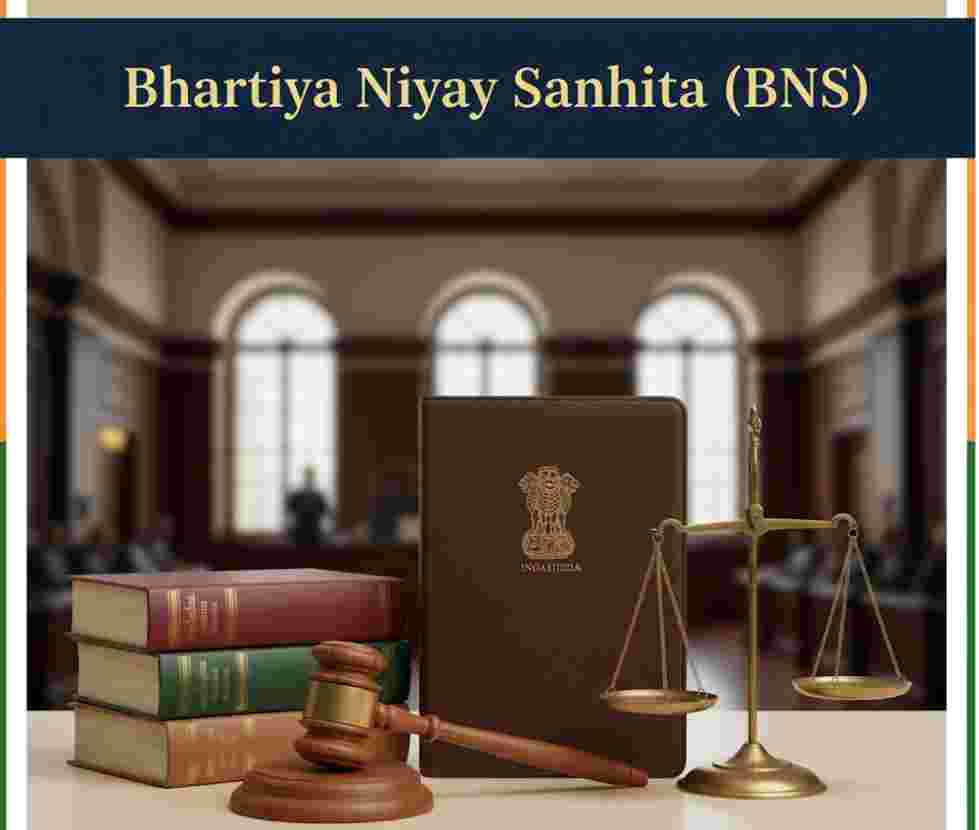
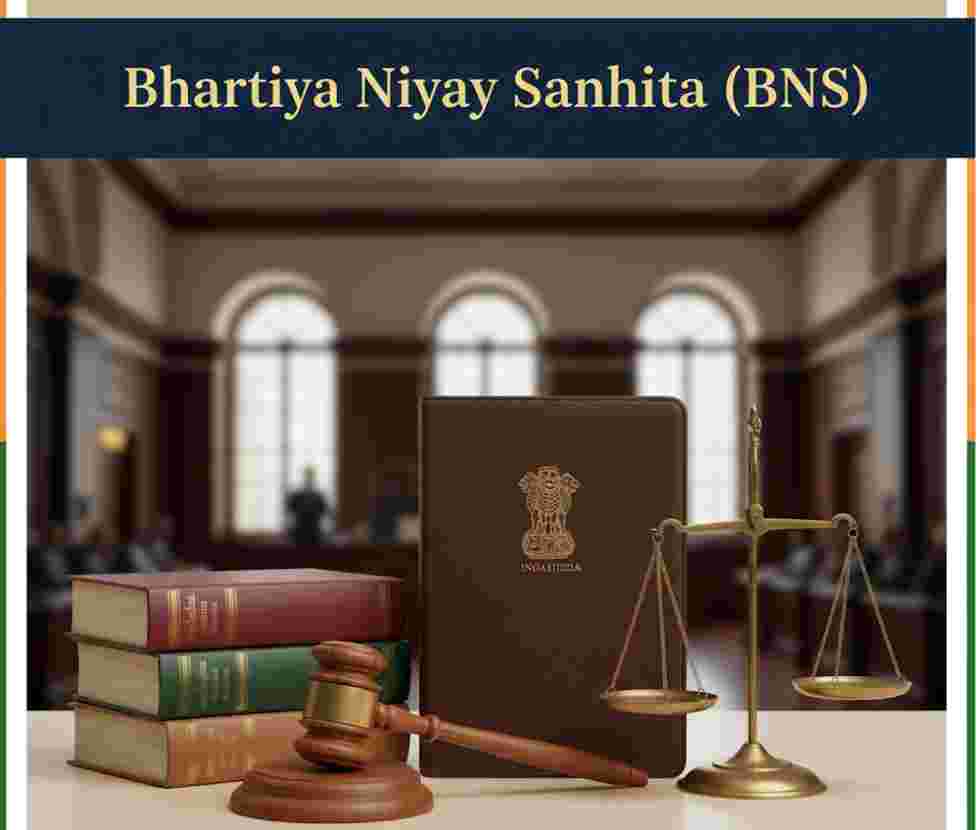
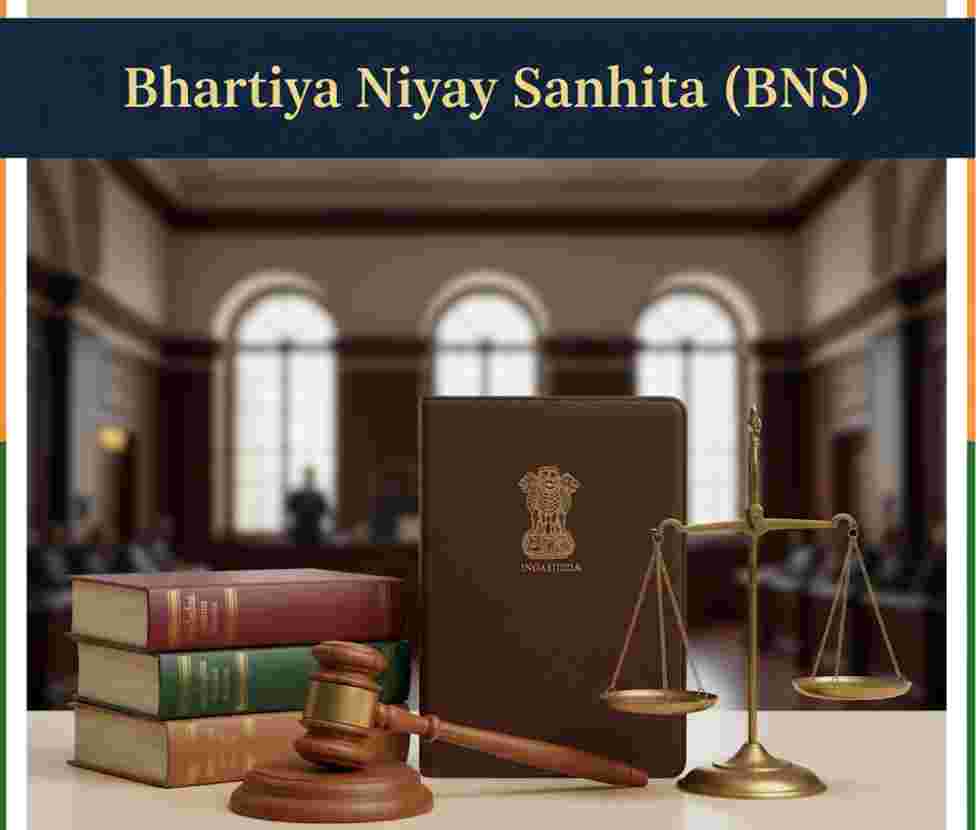














































Comment
Nothing for now